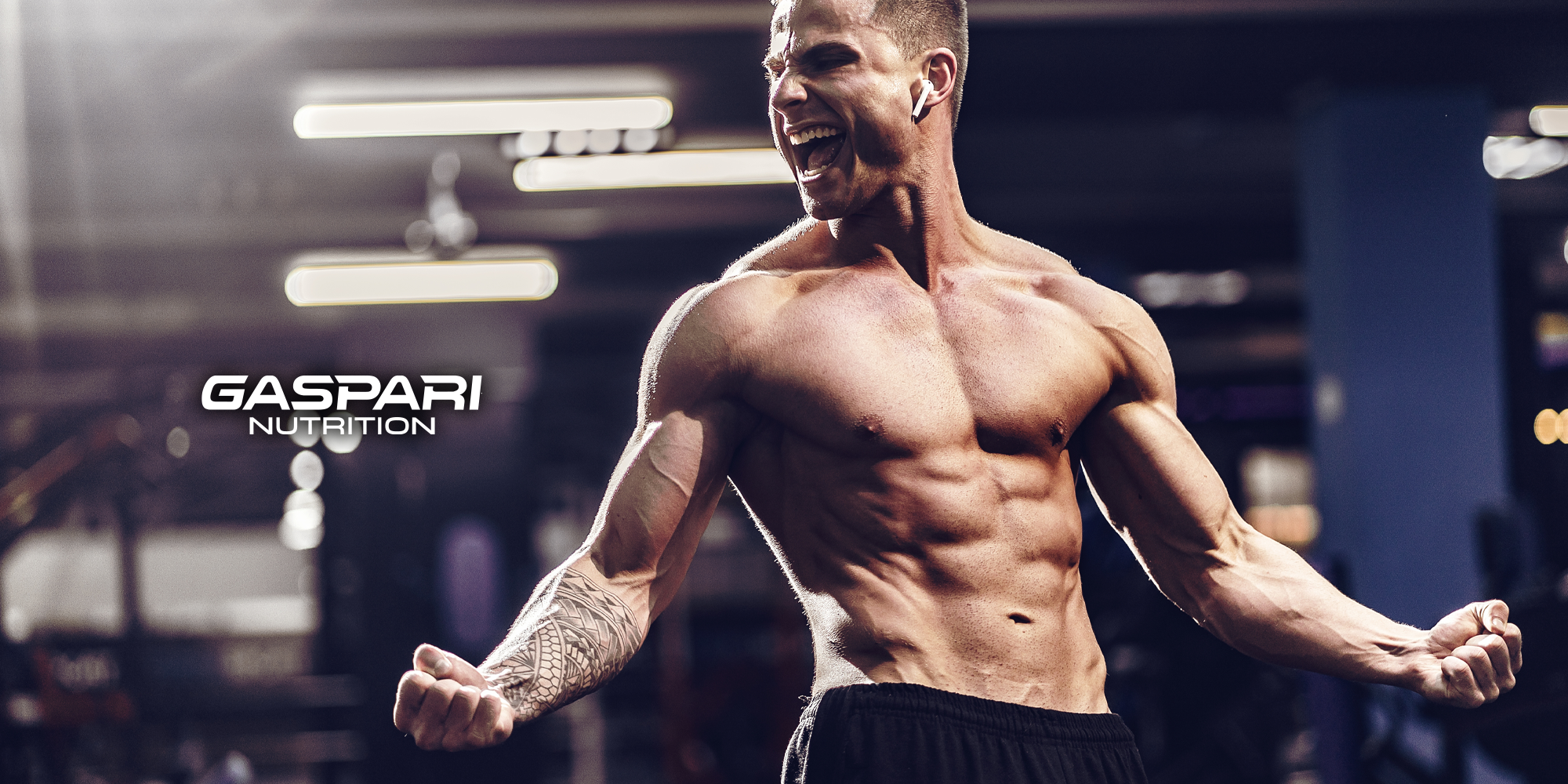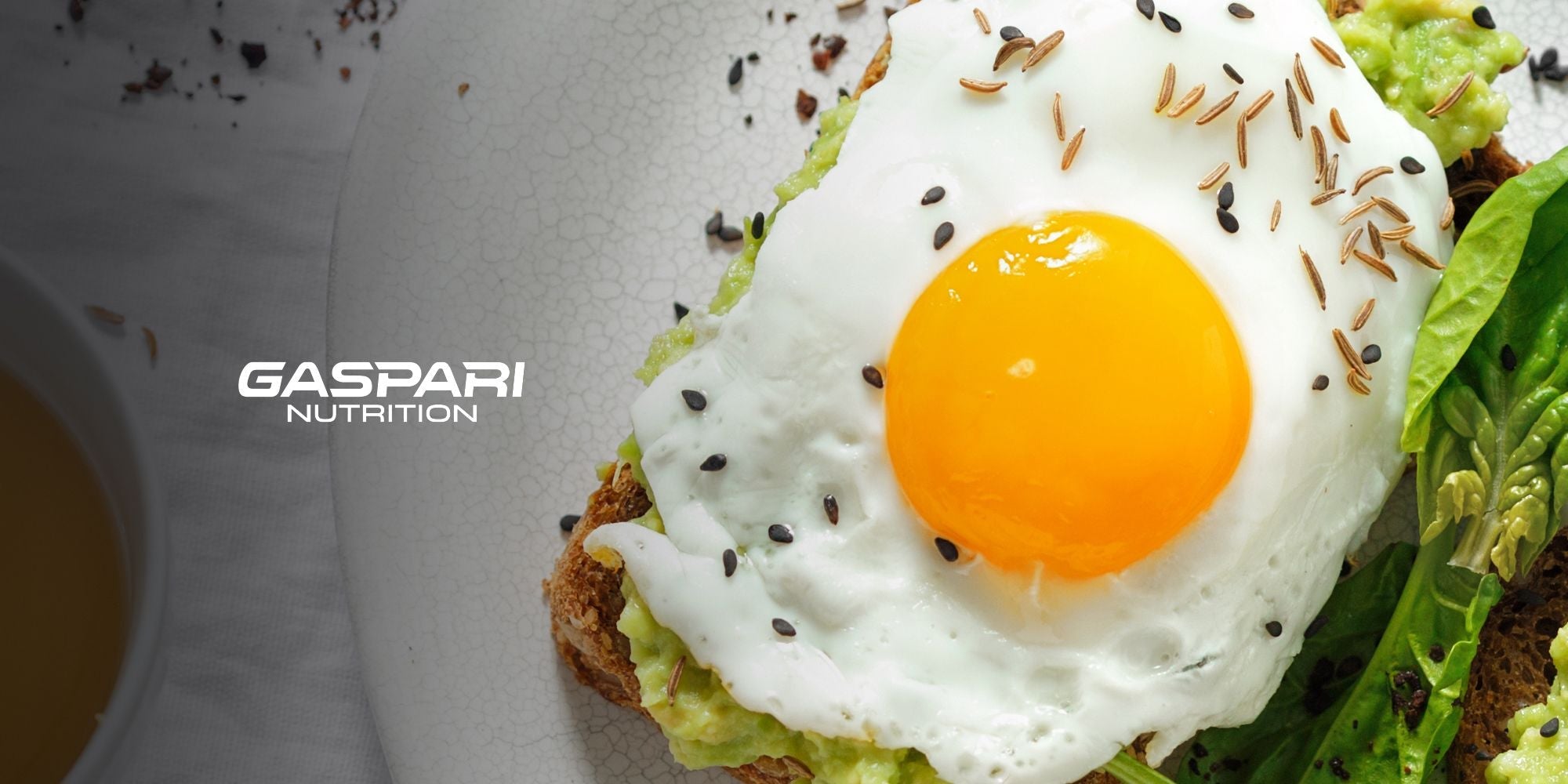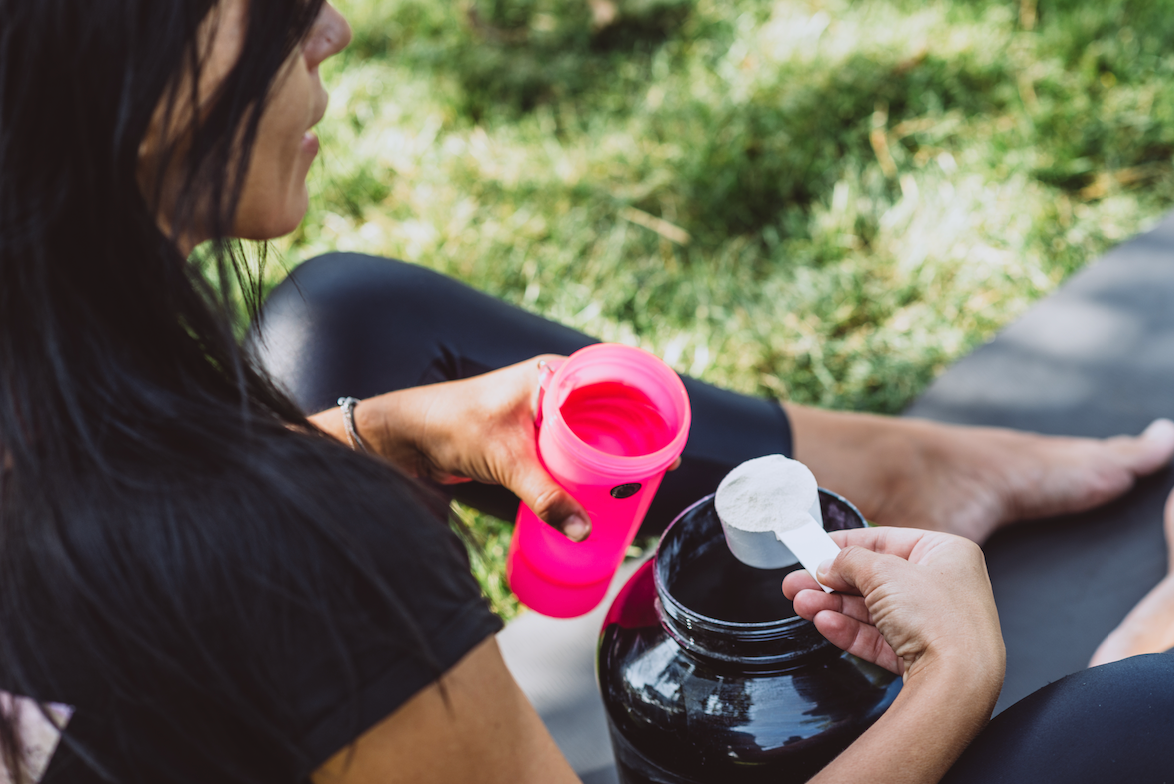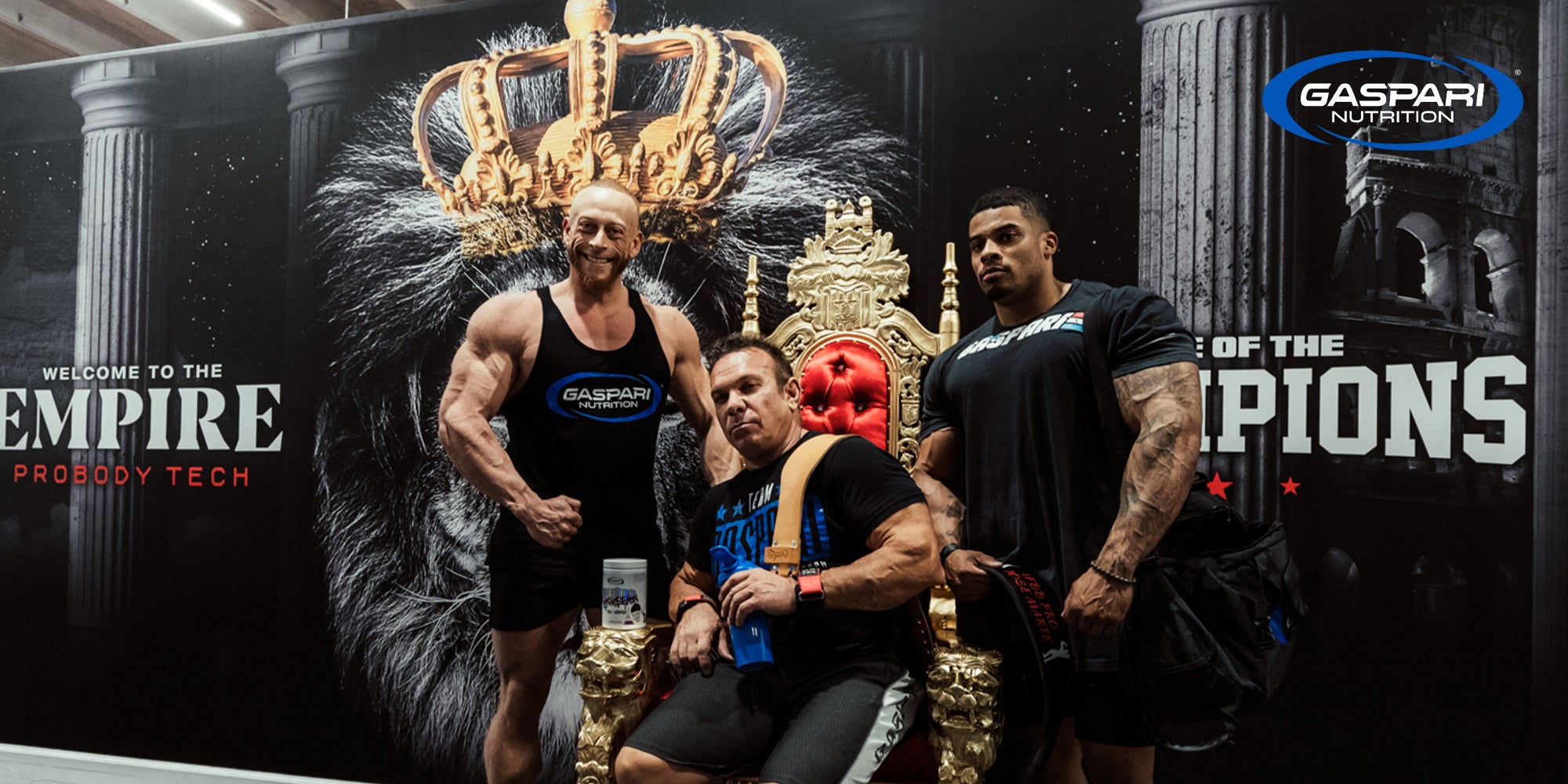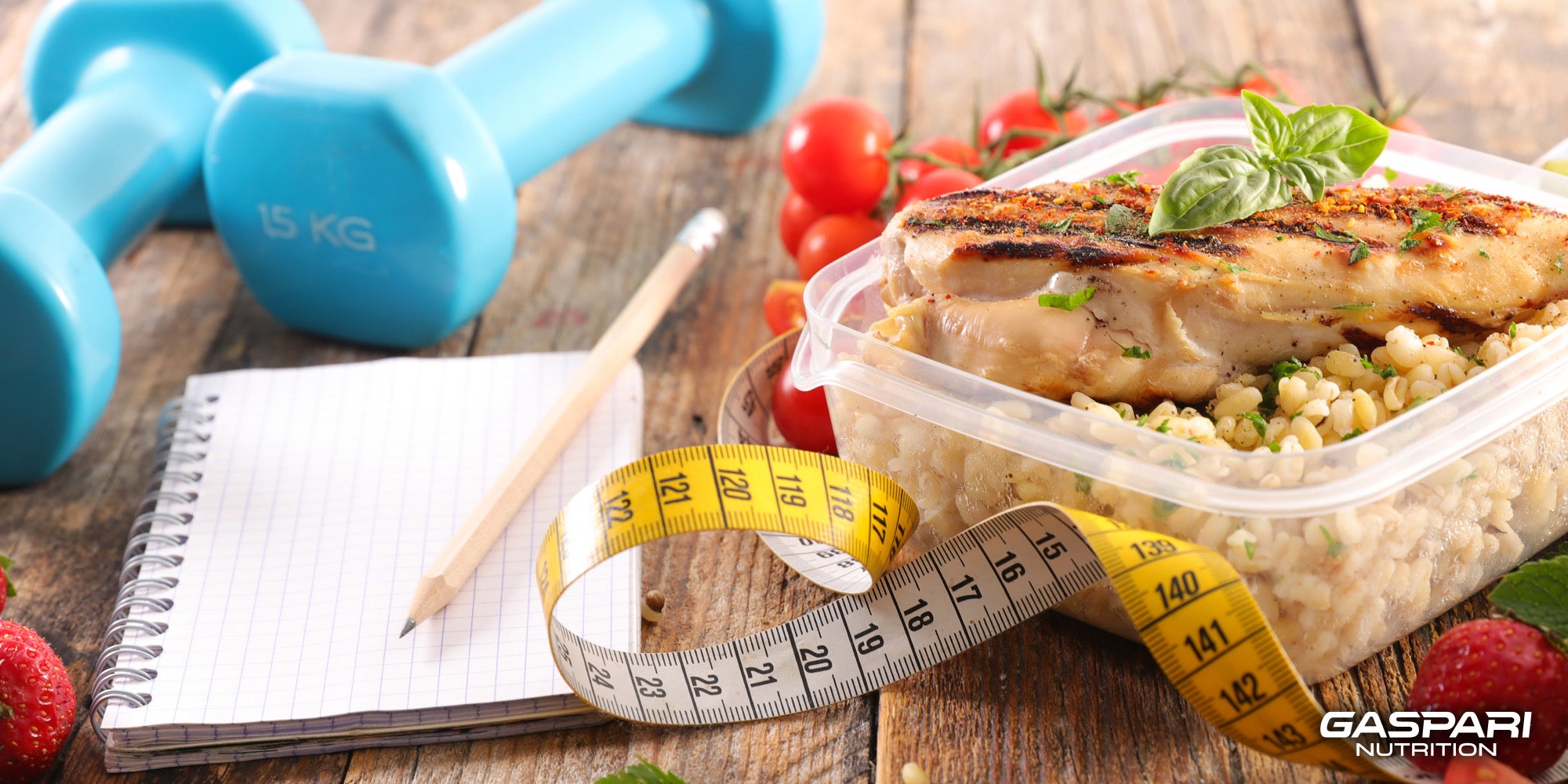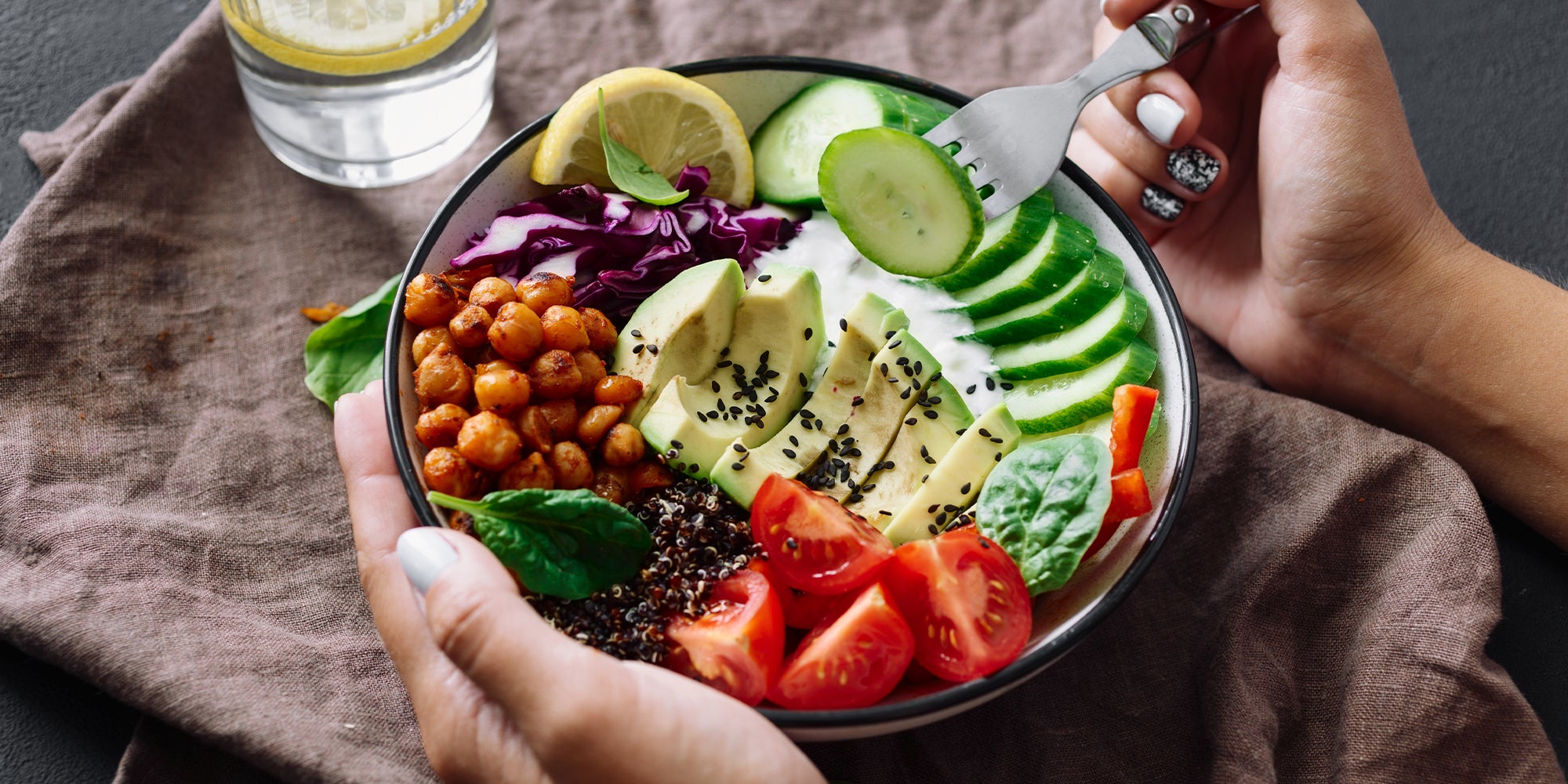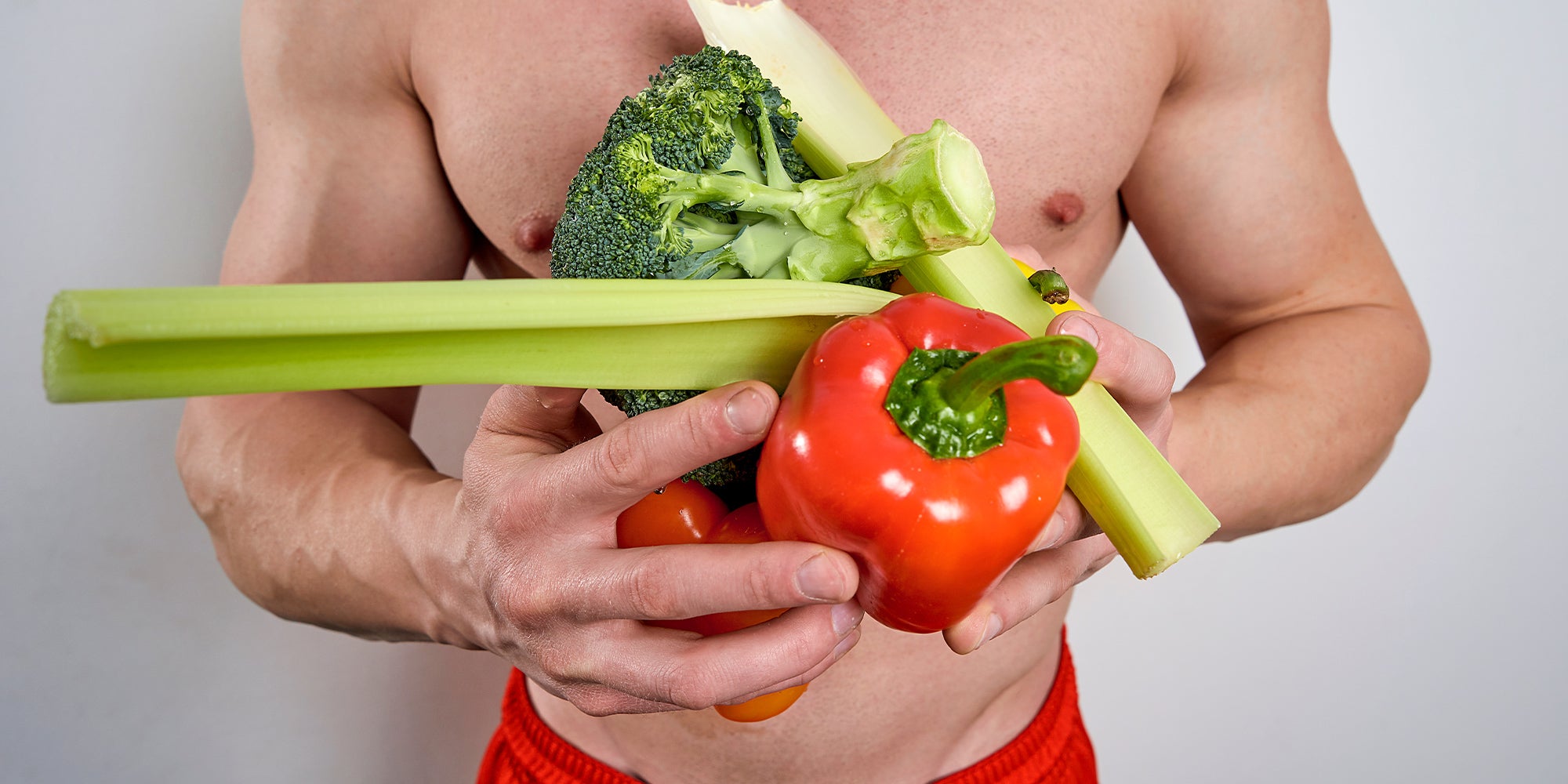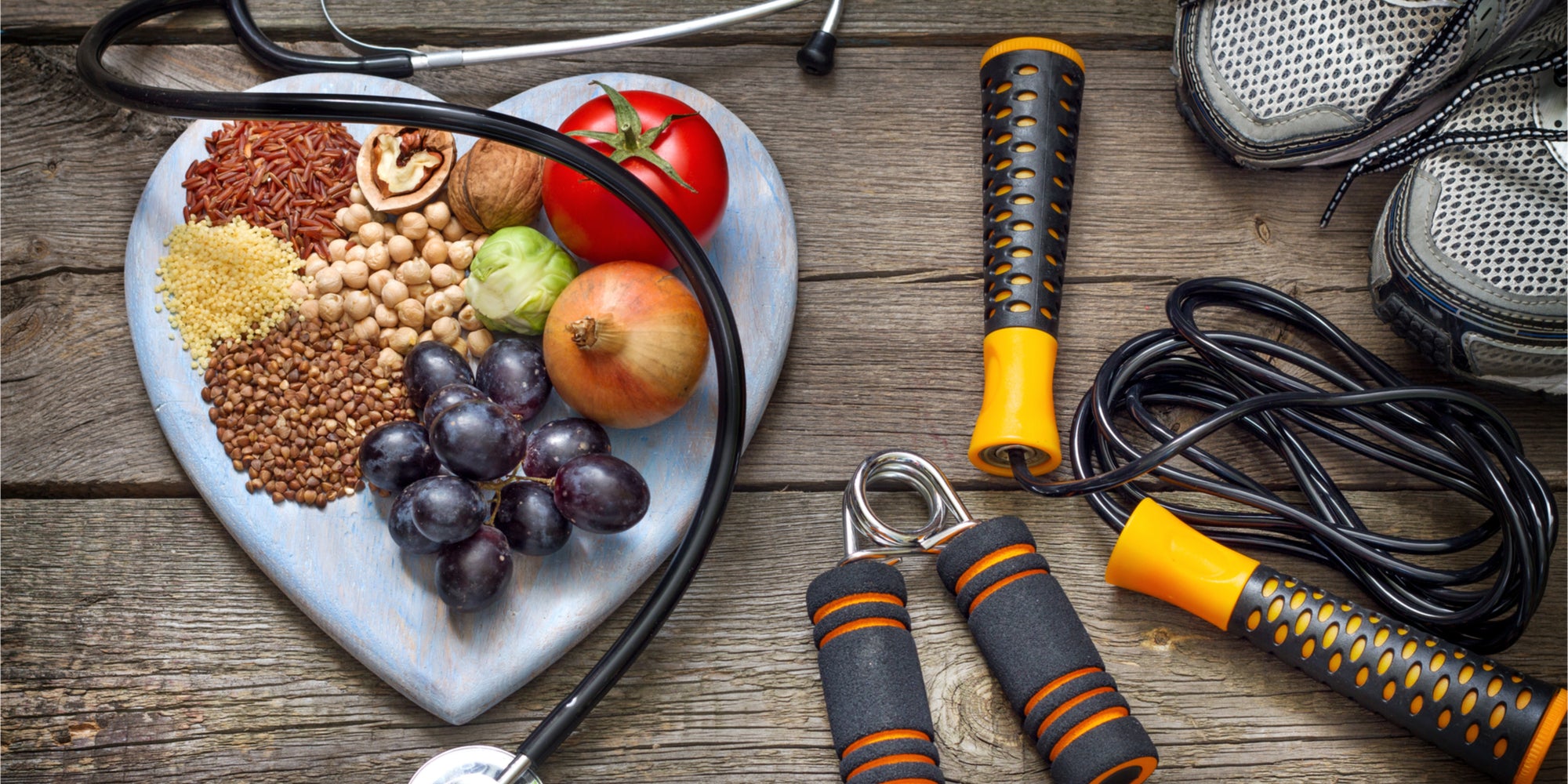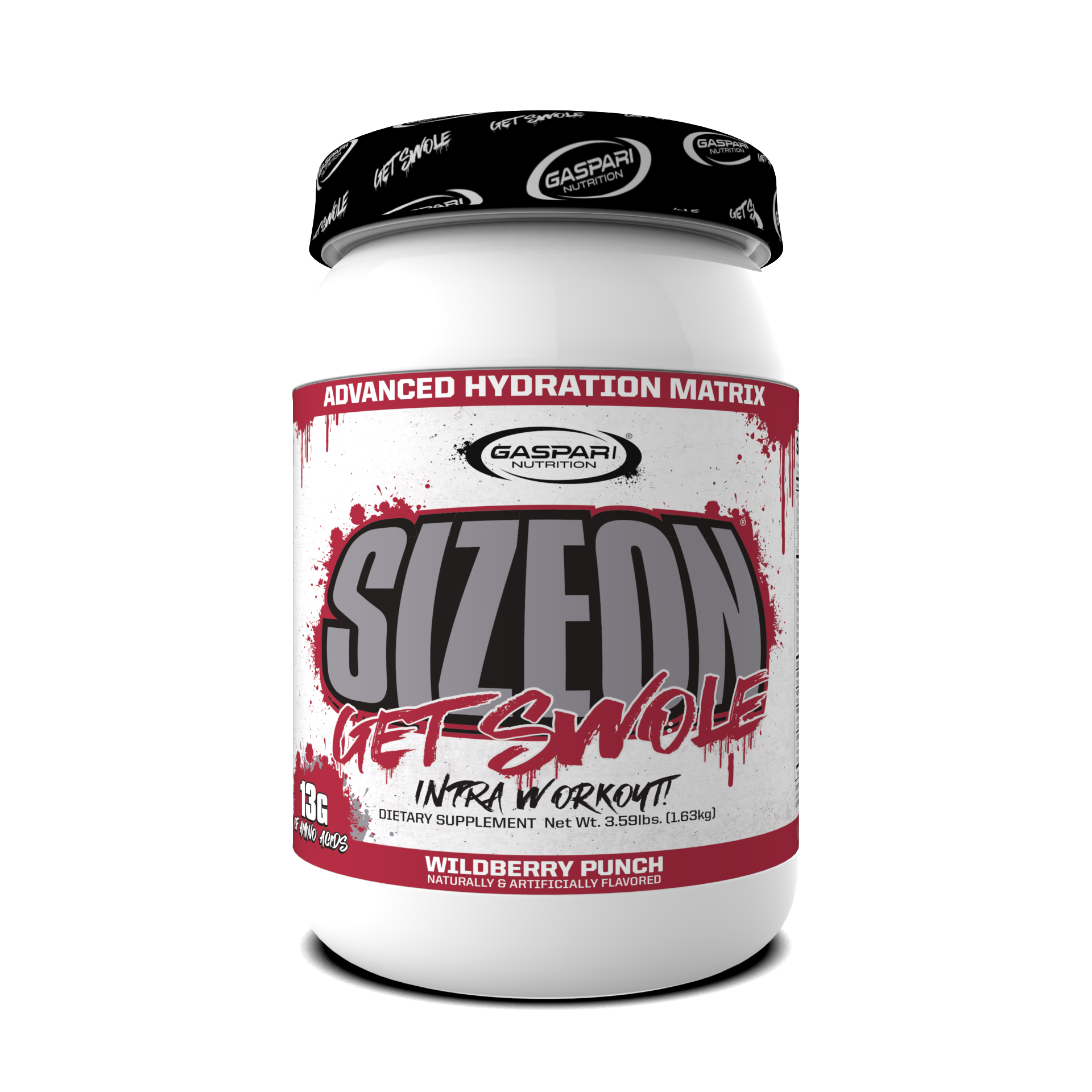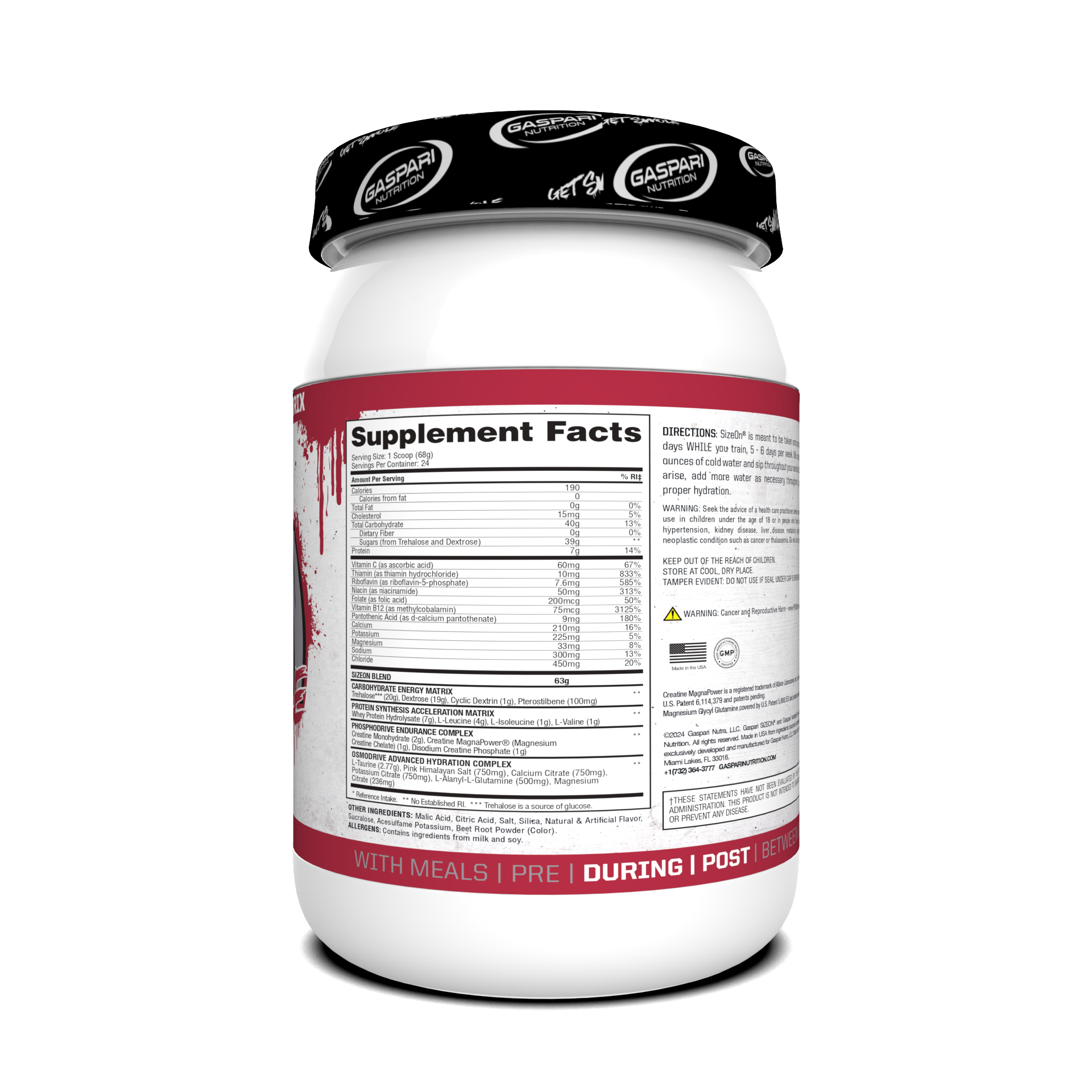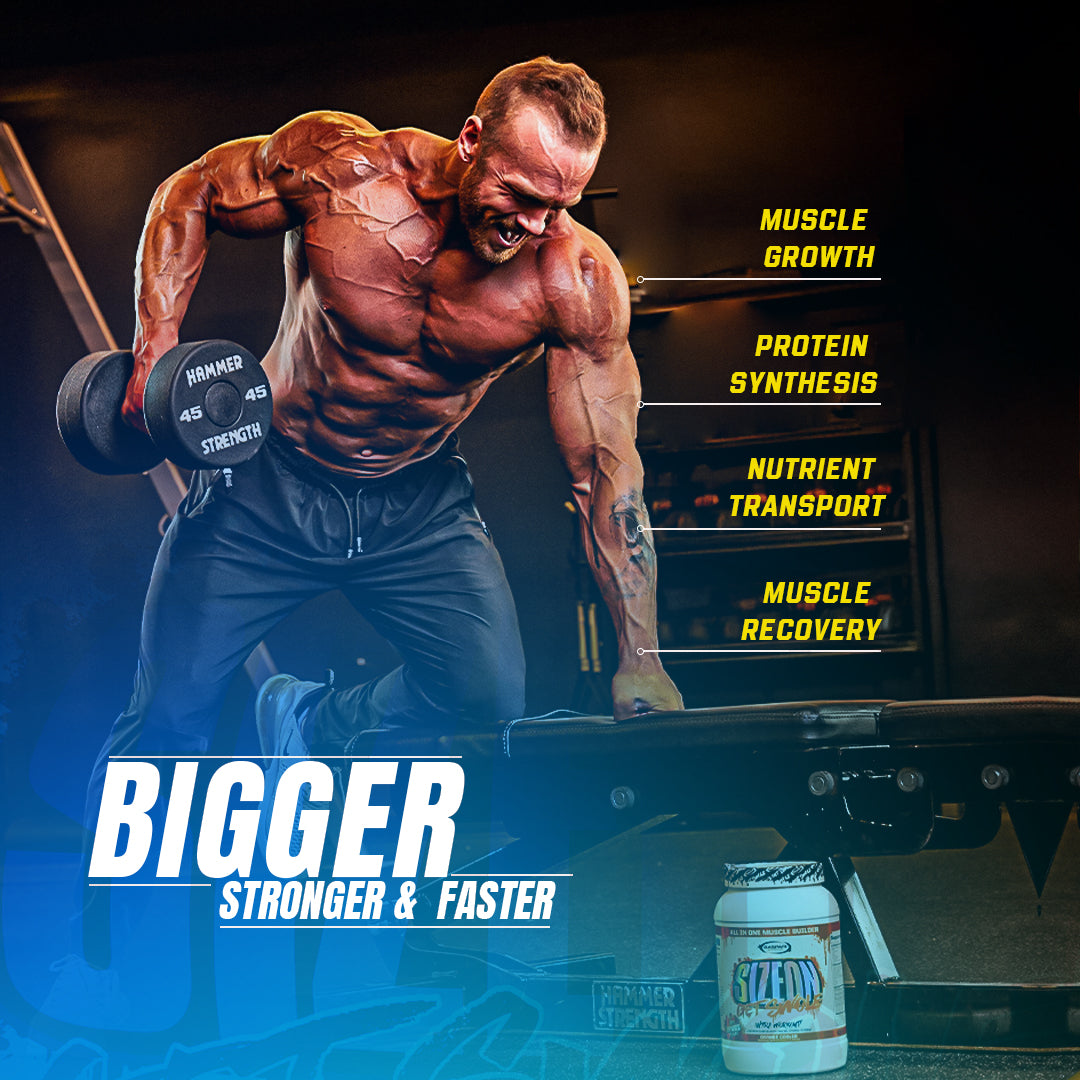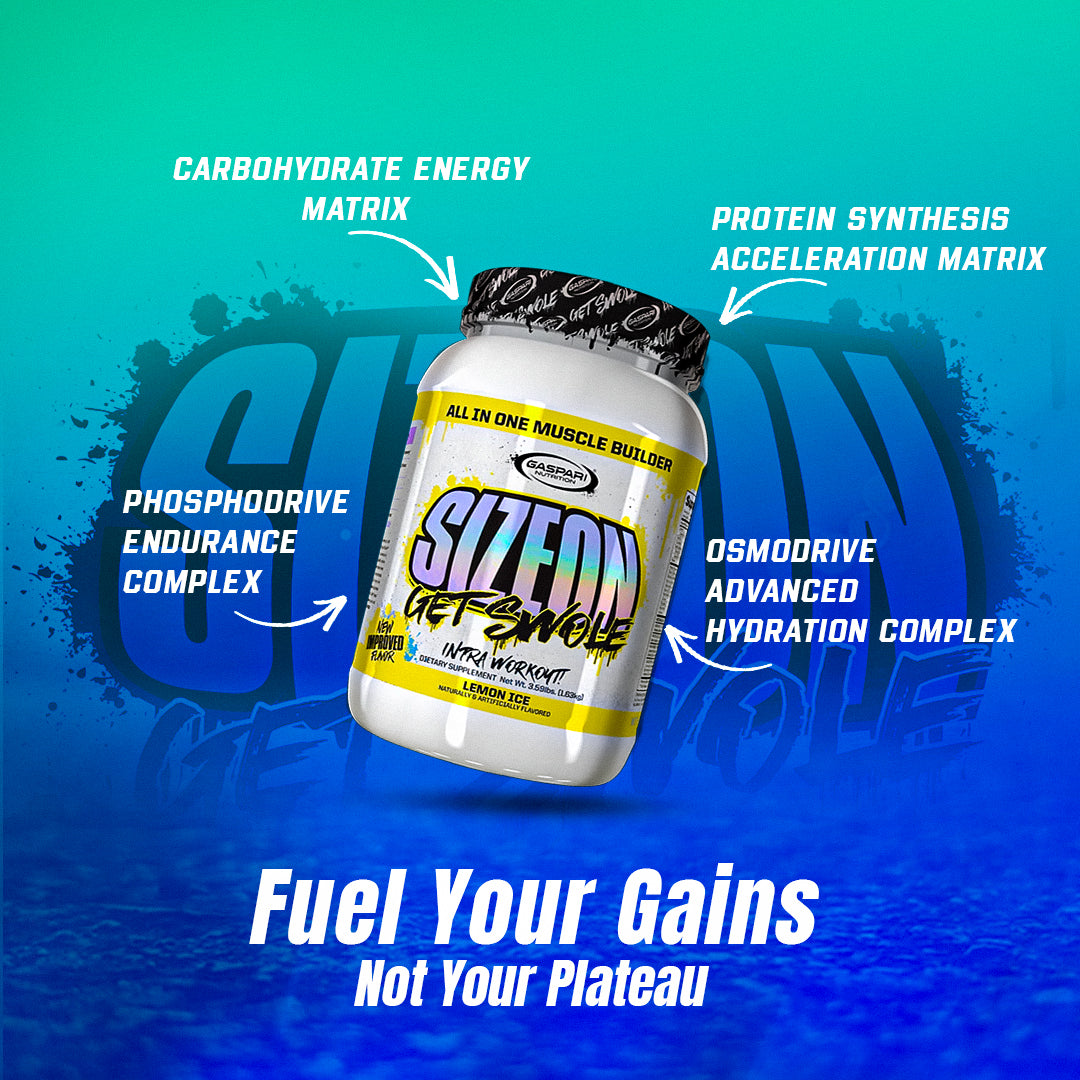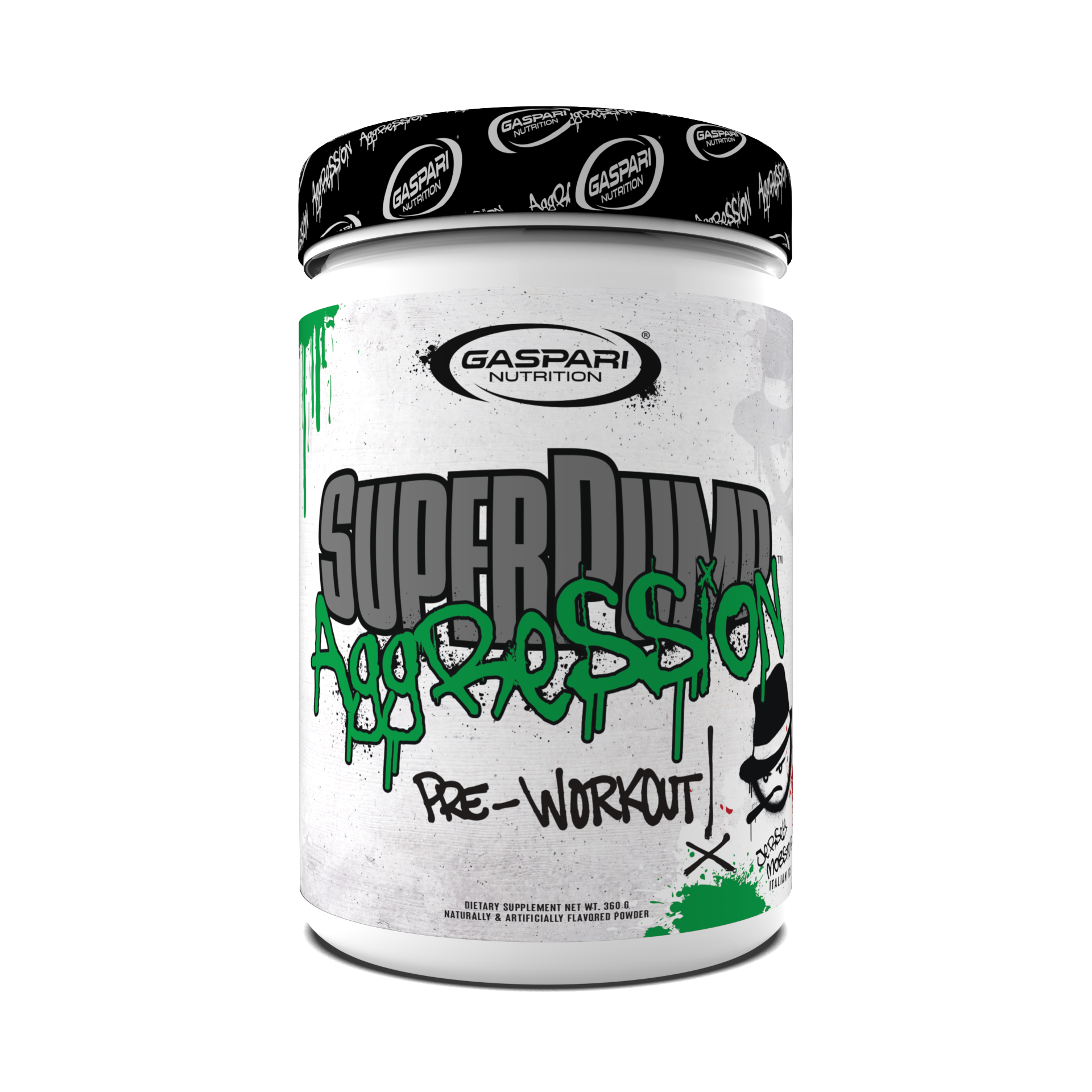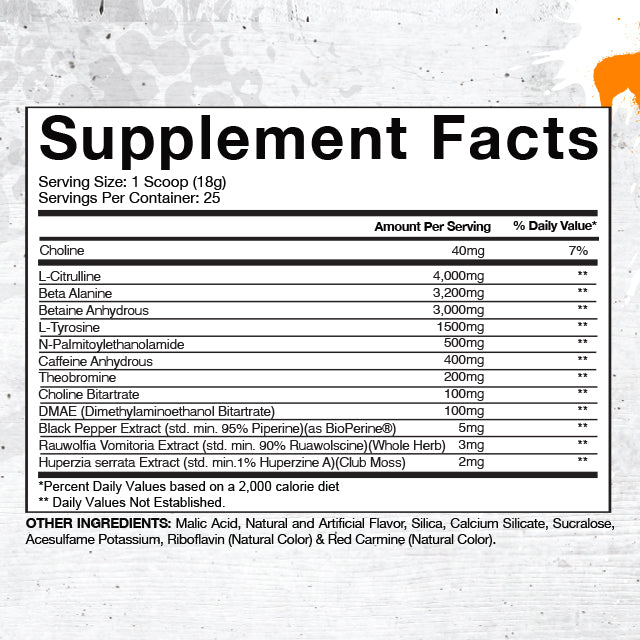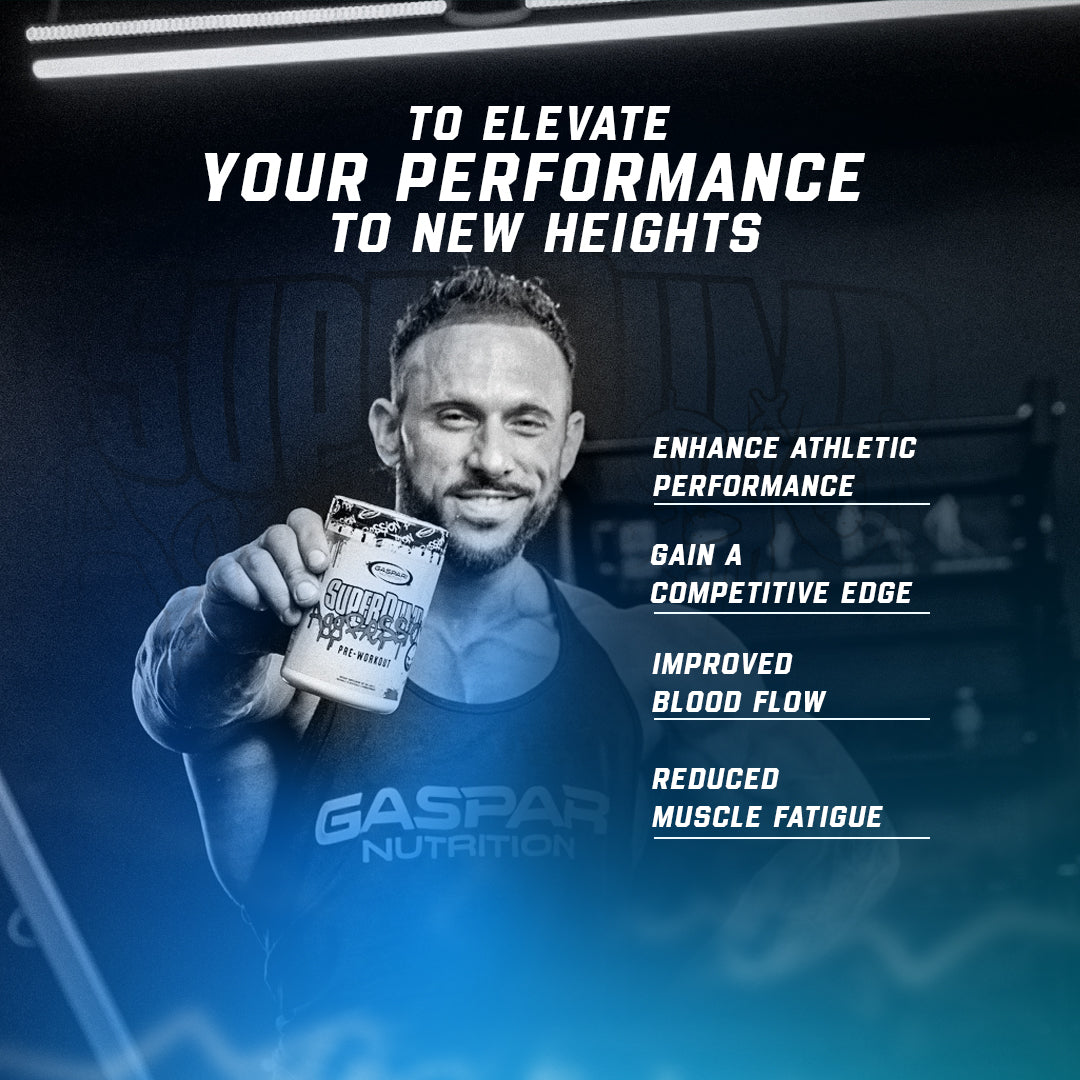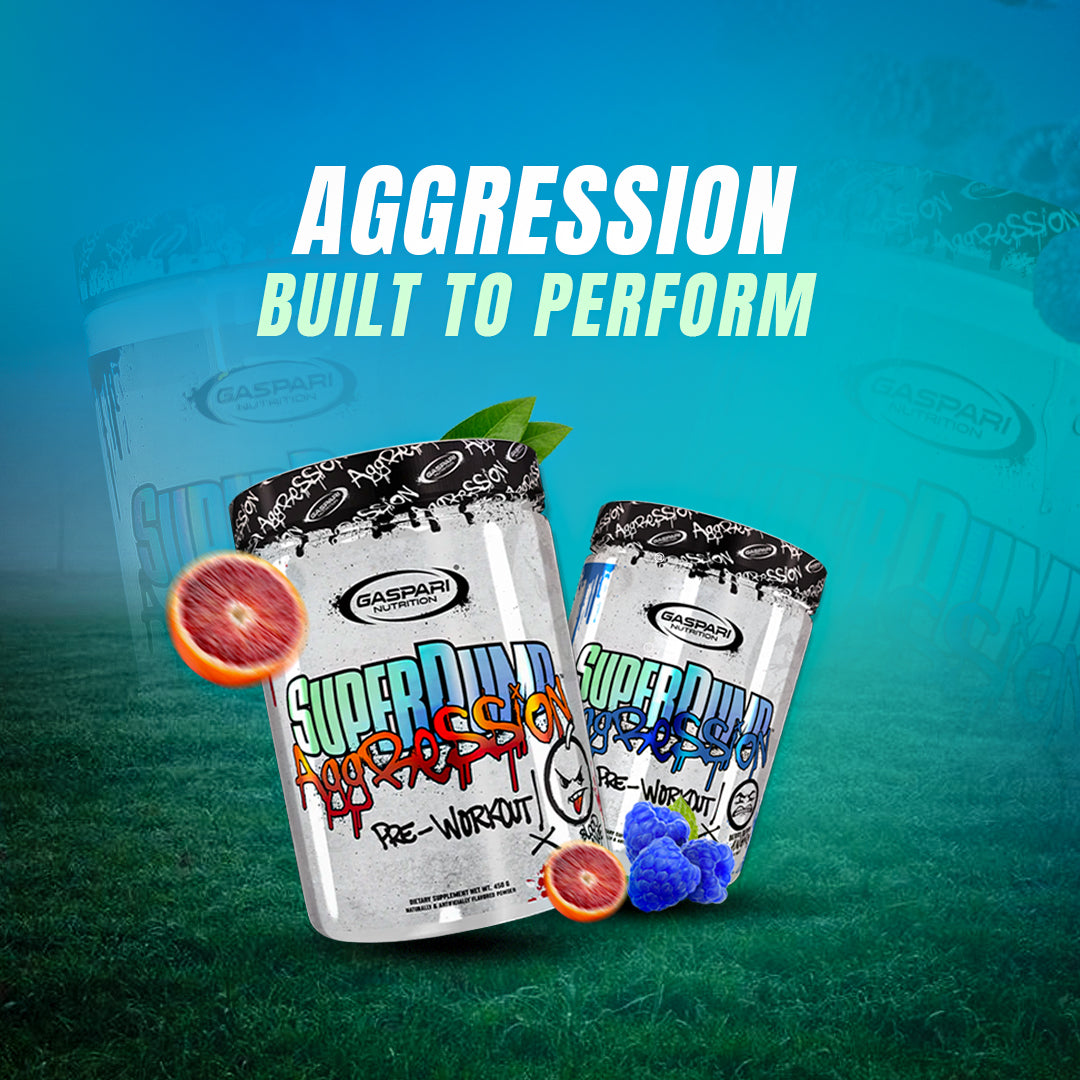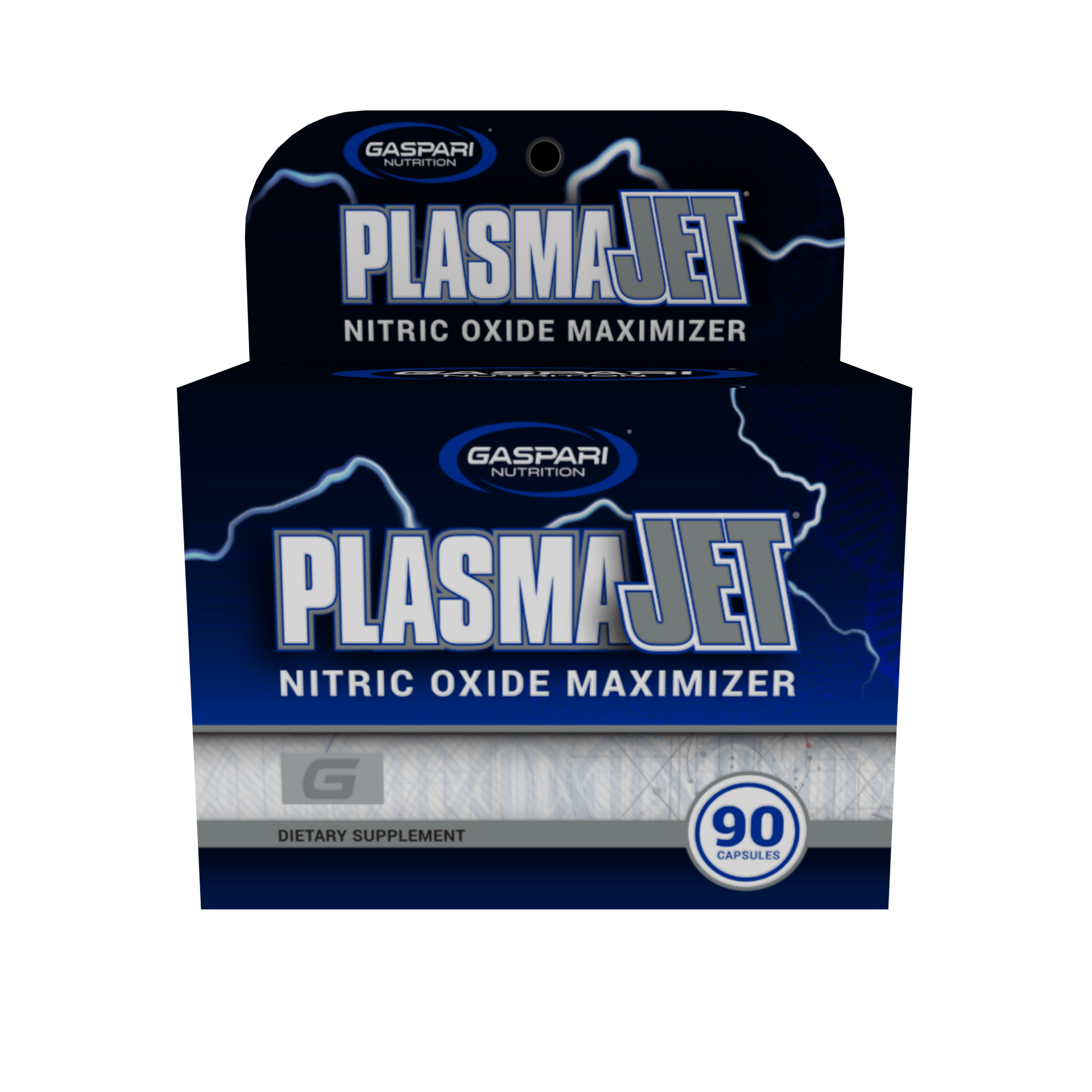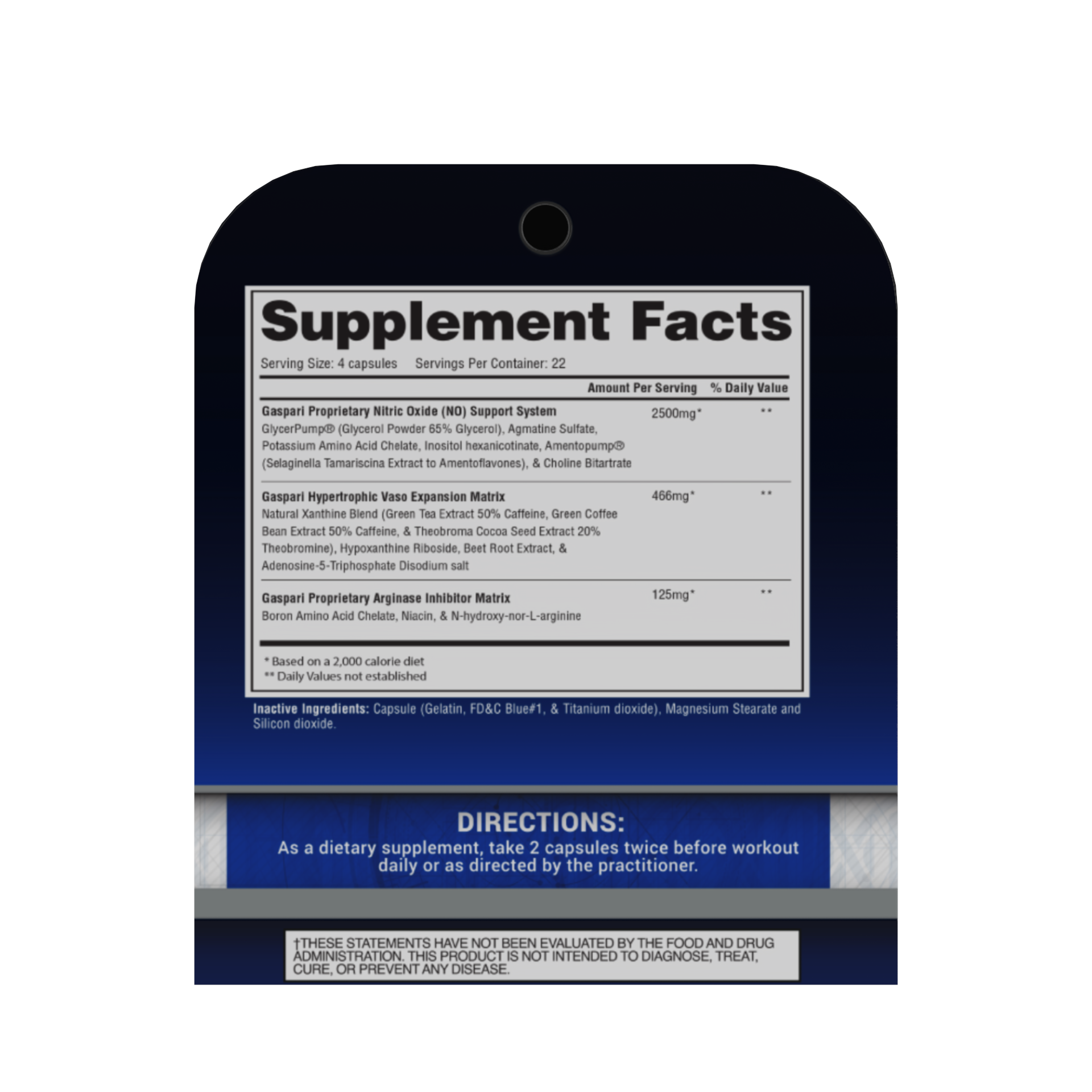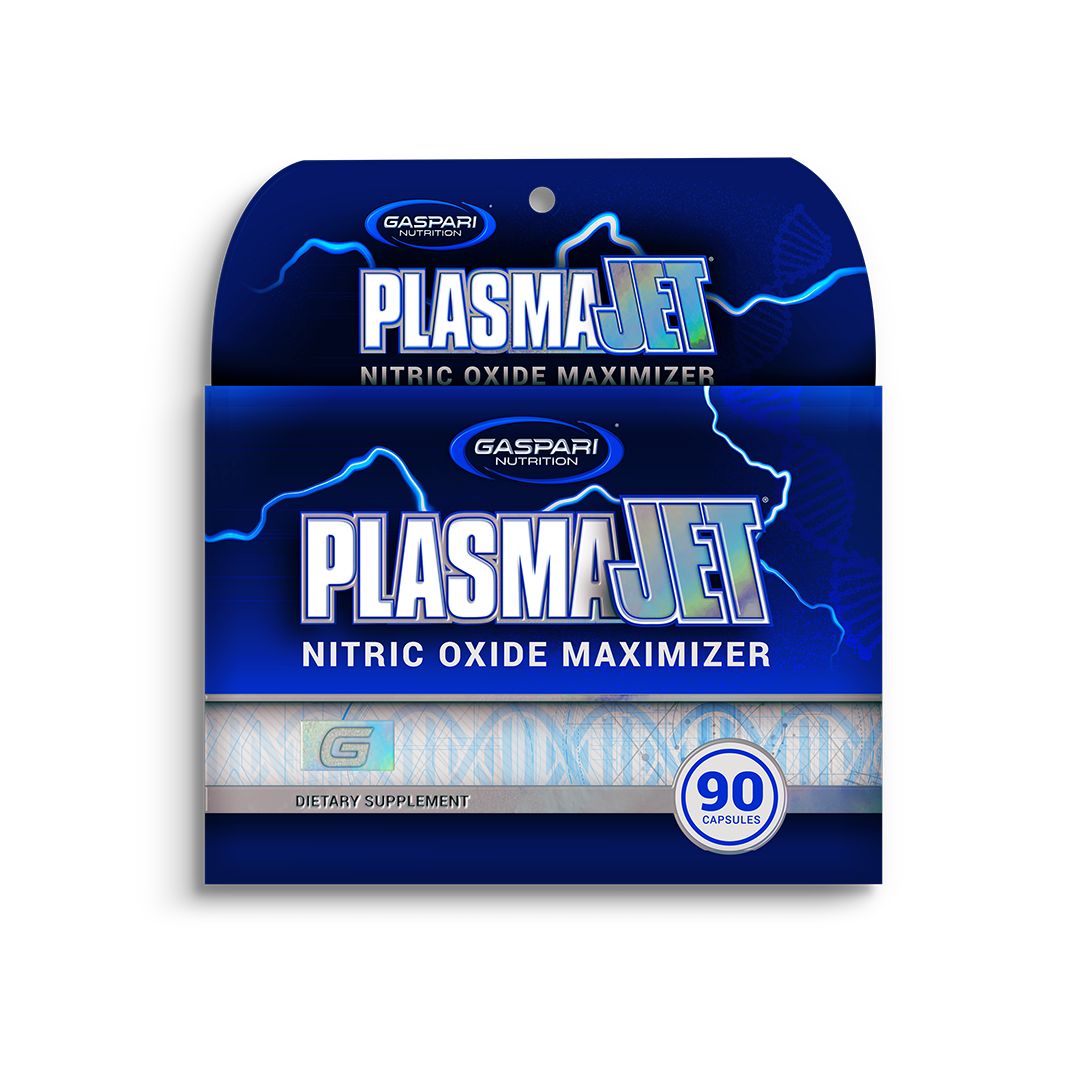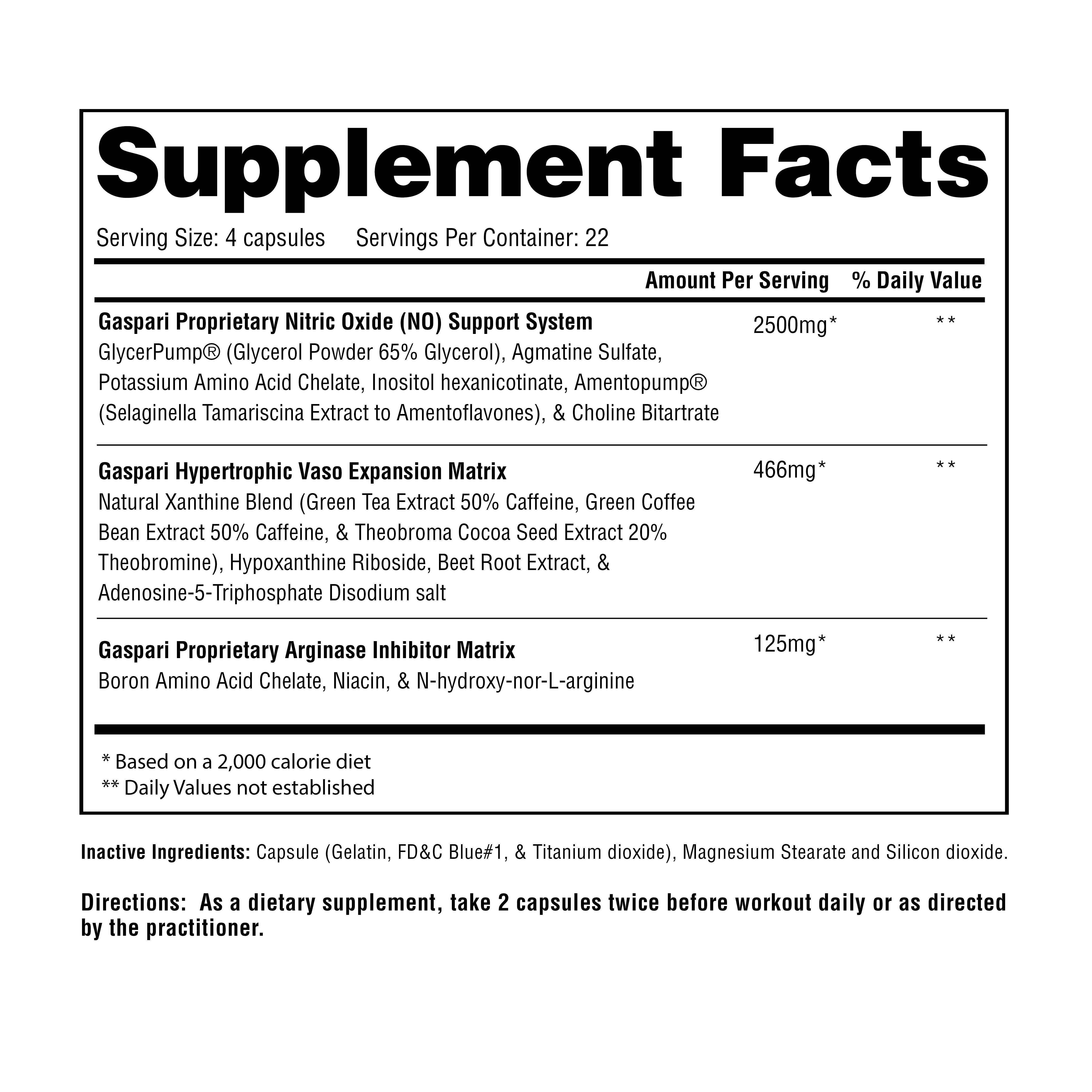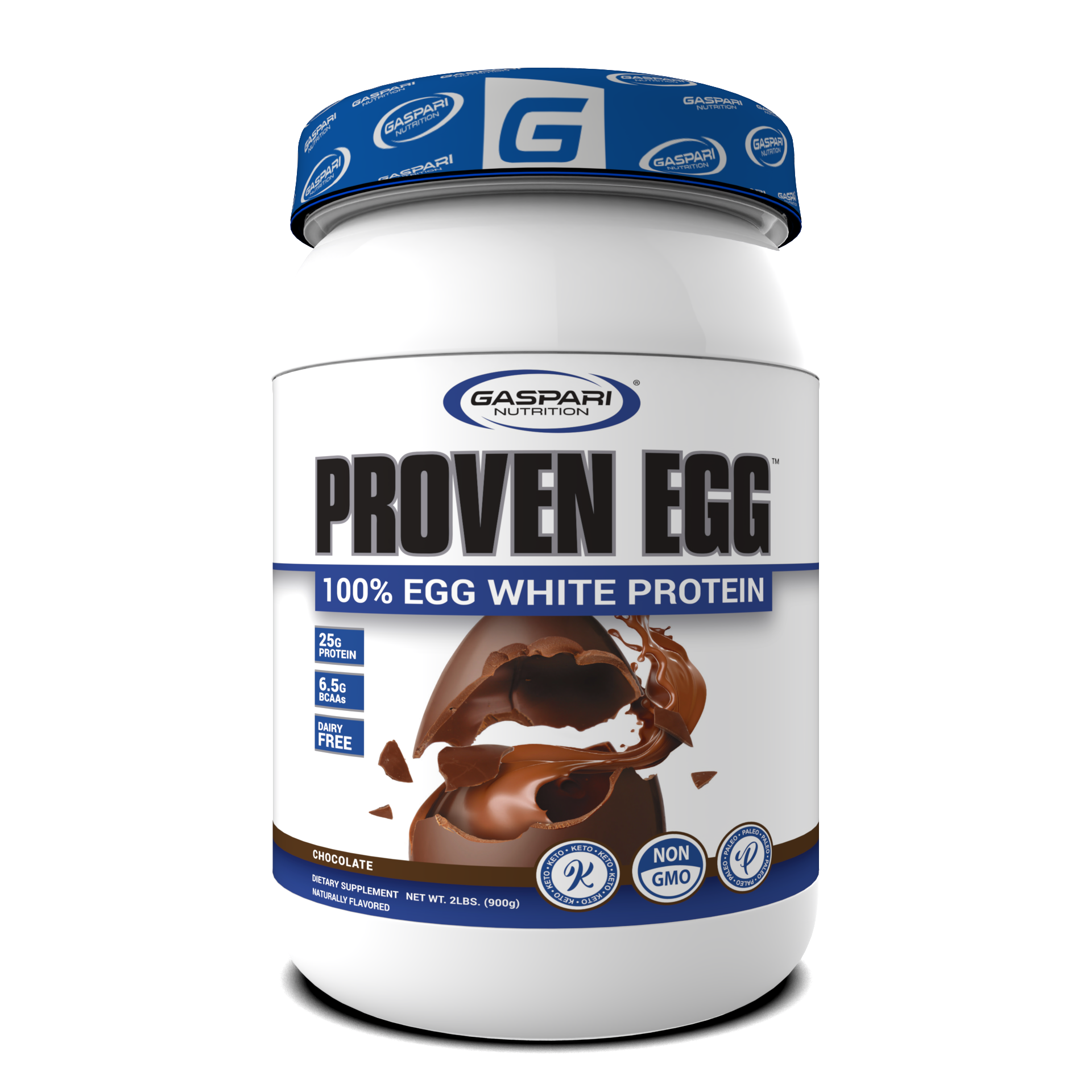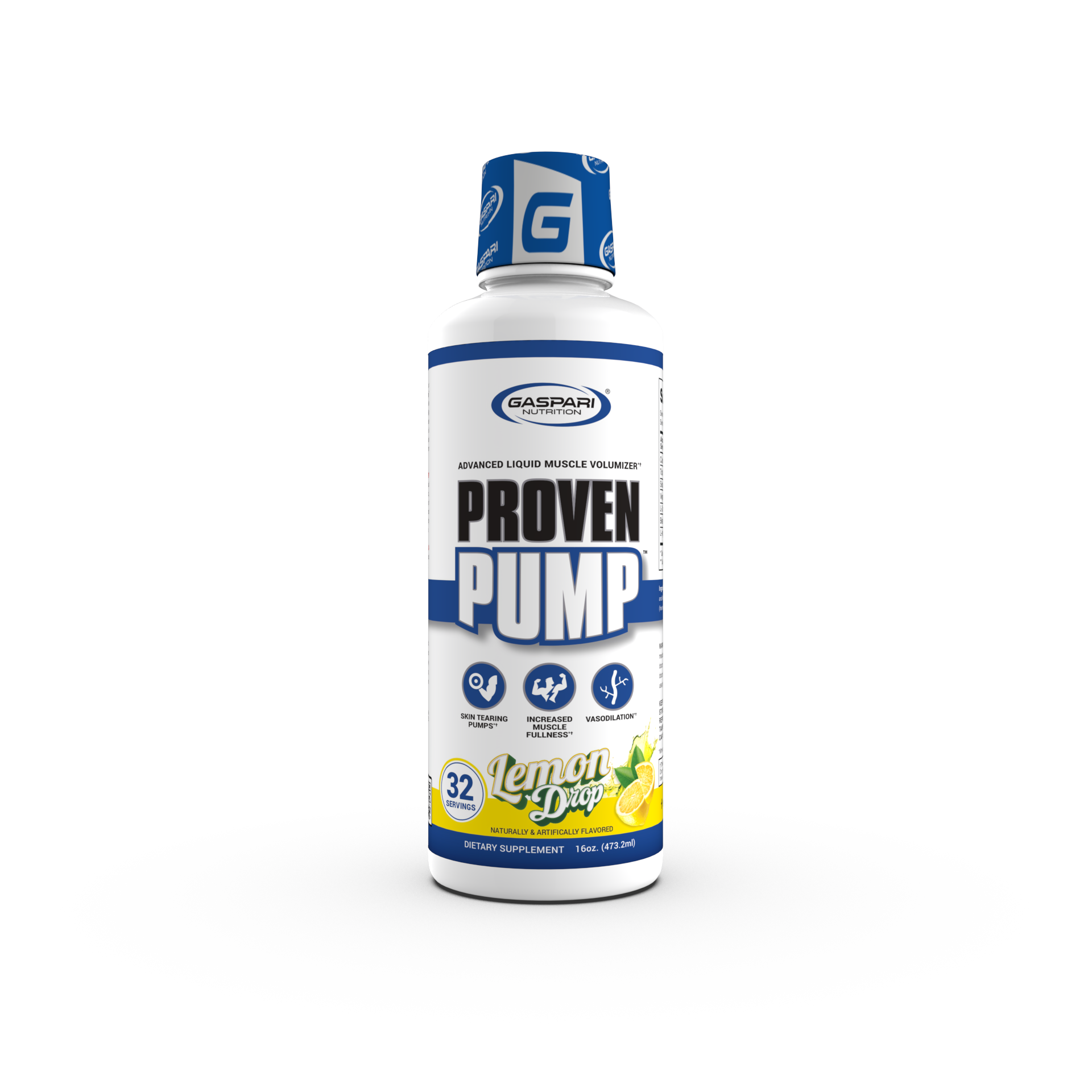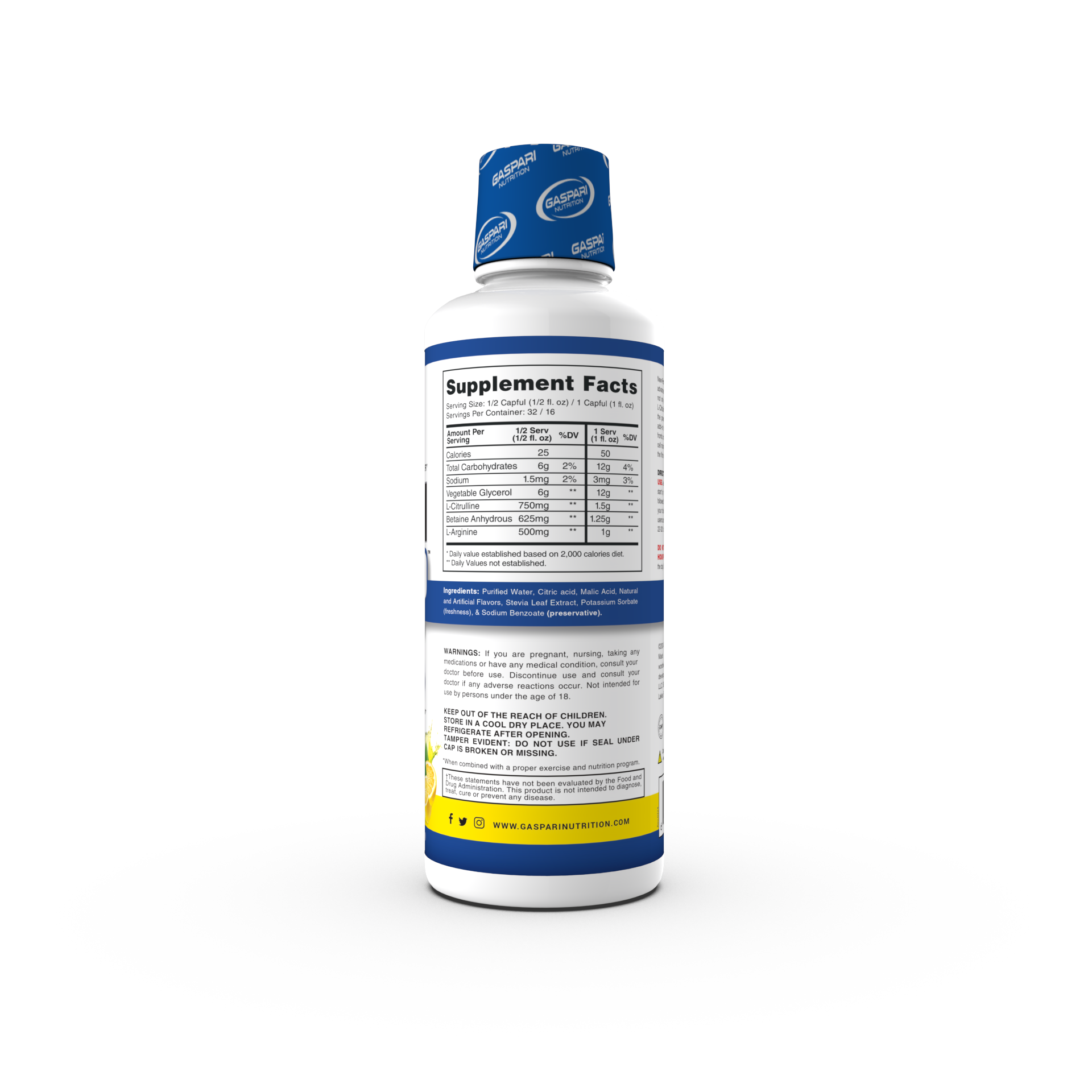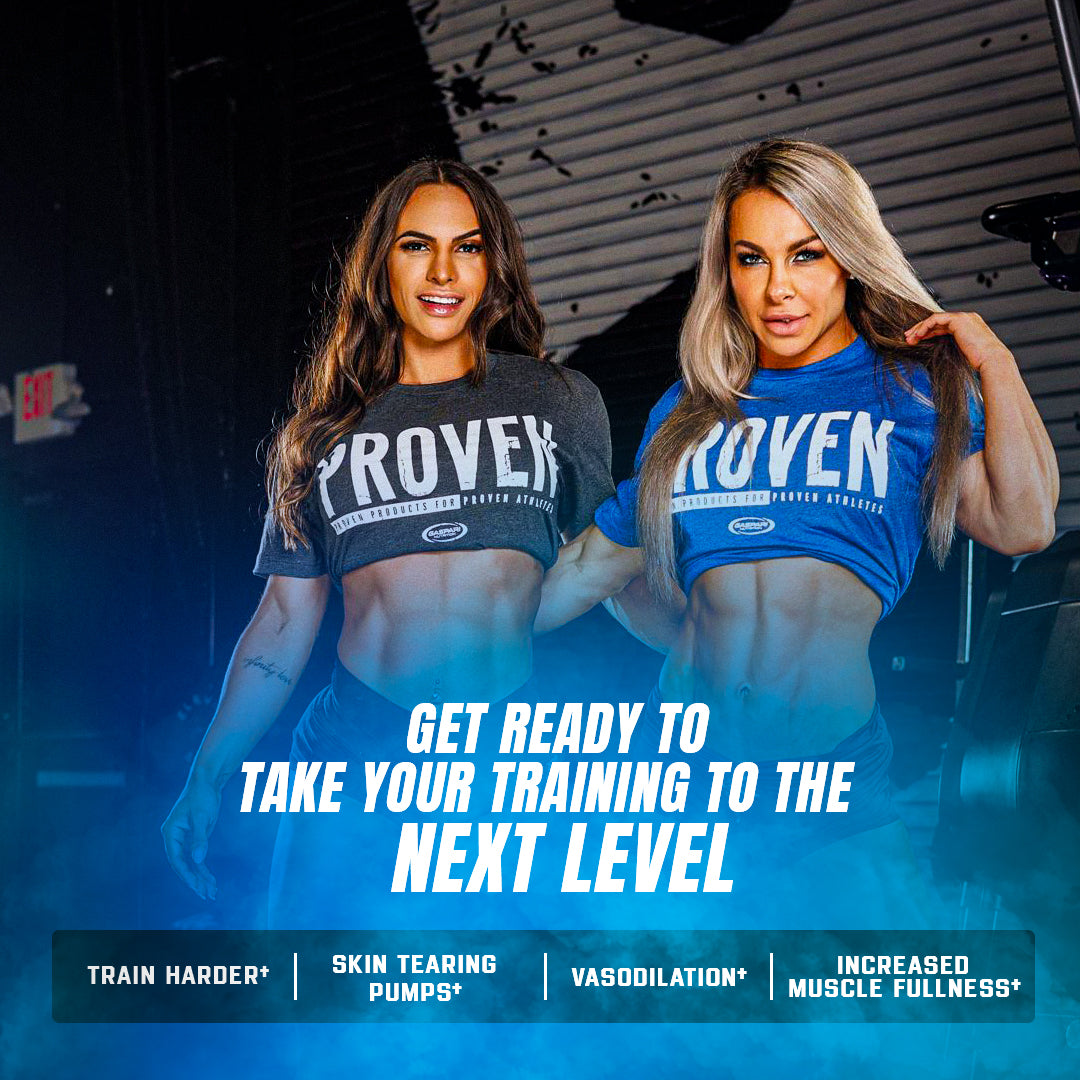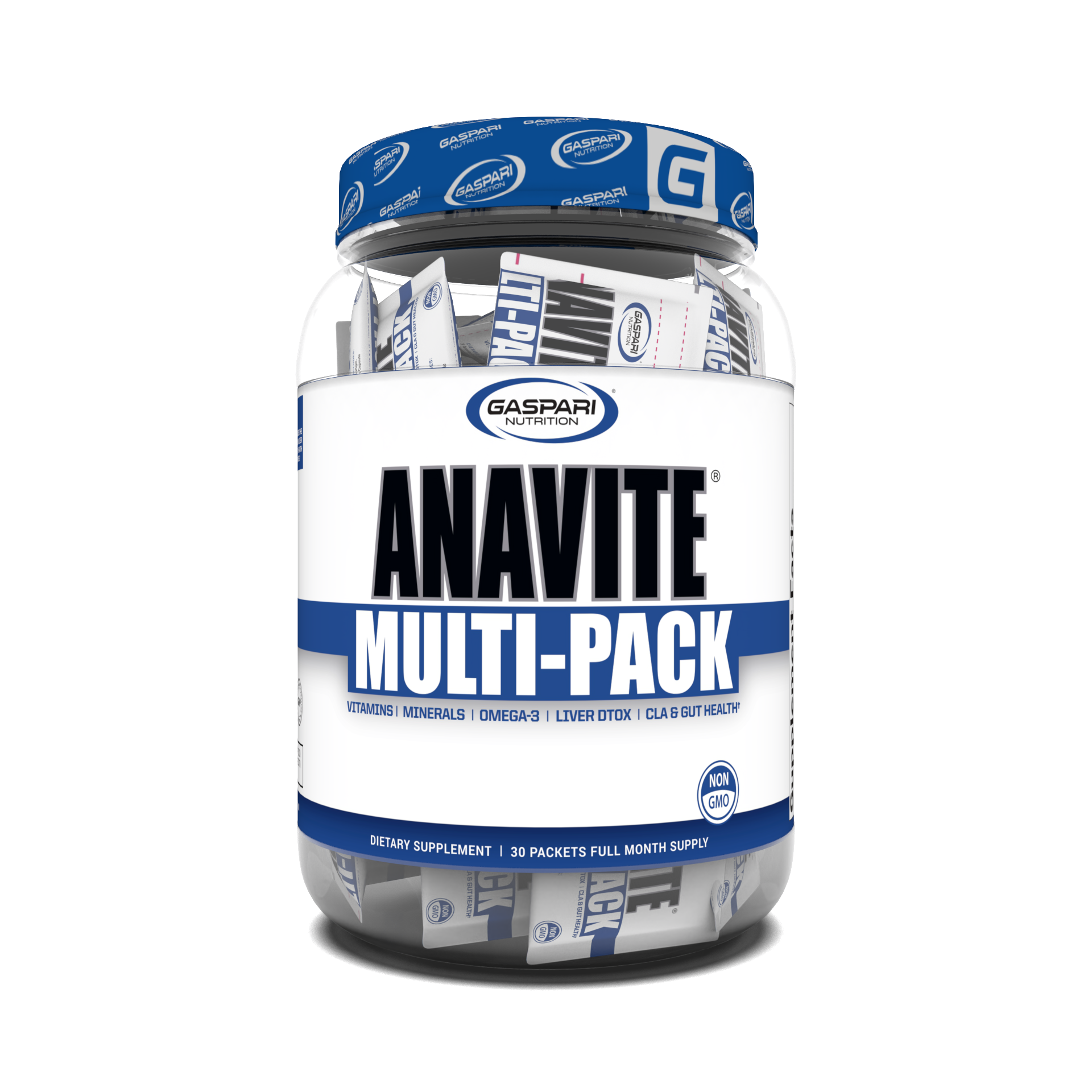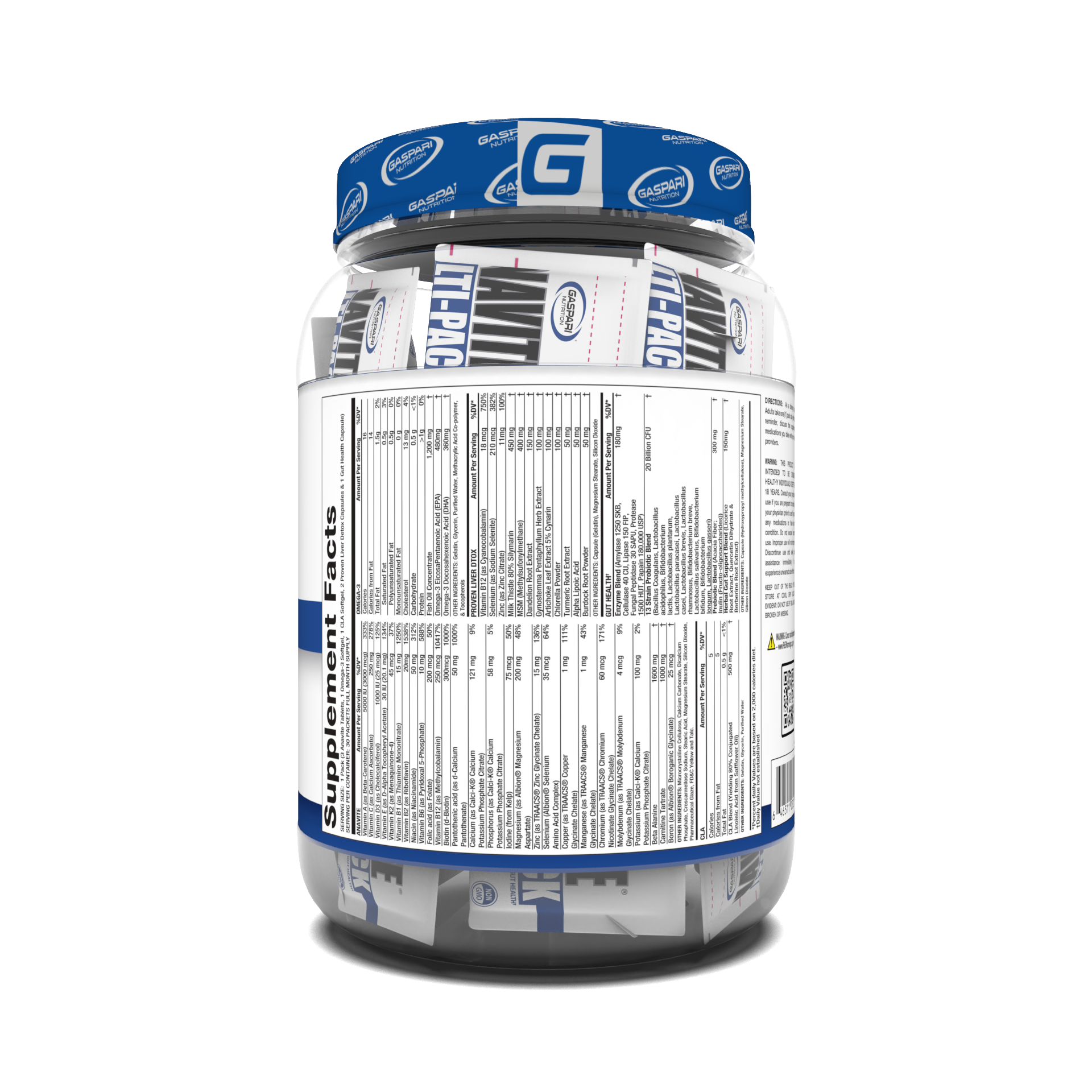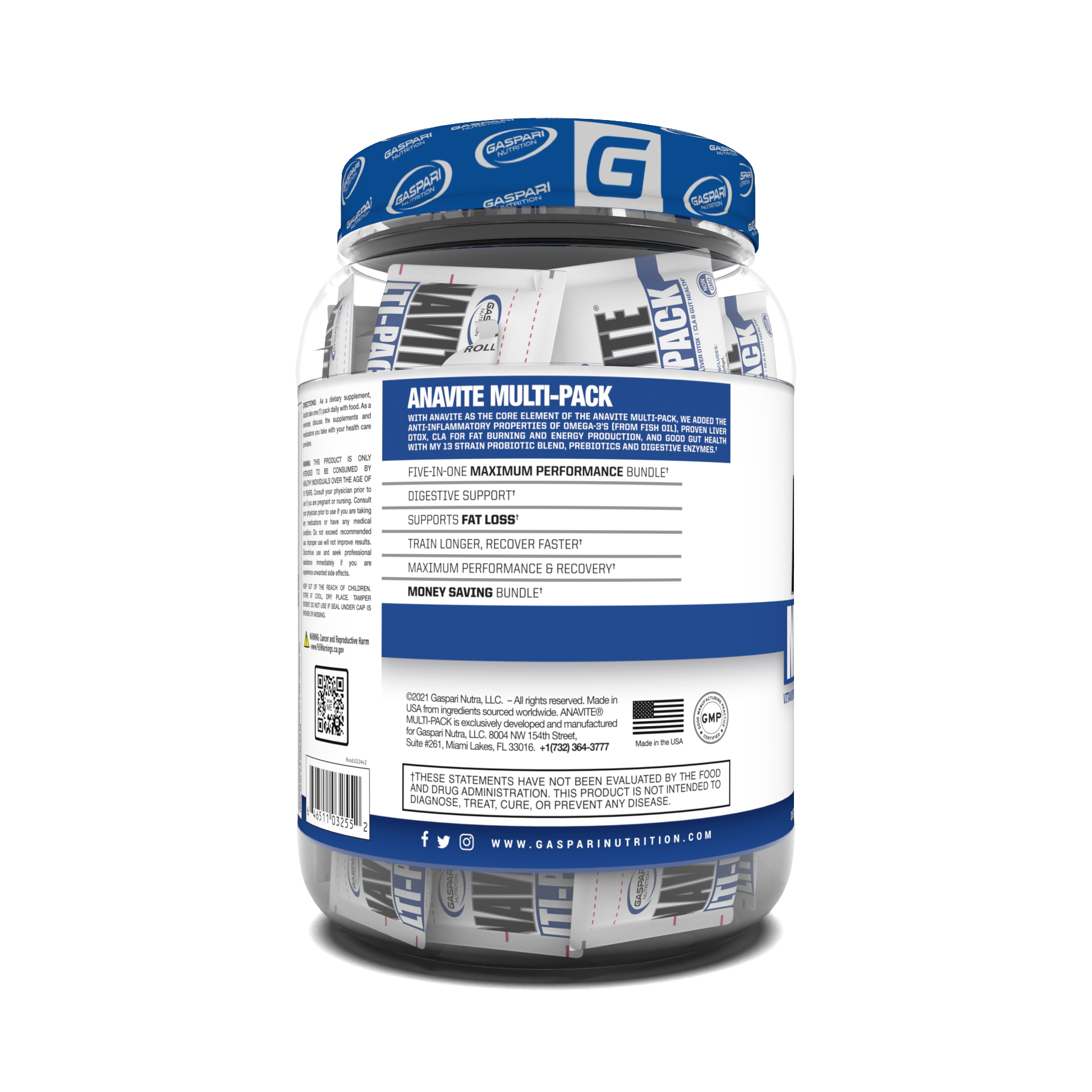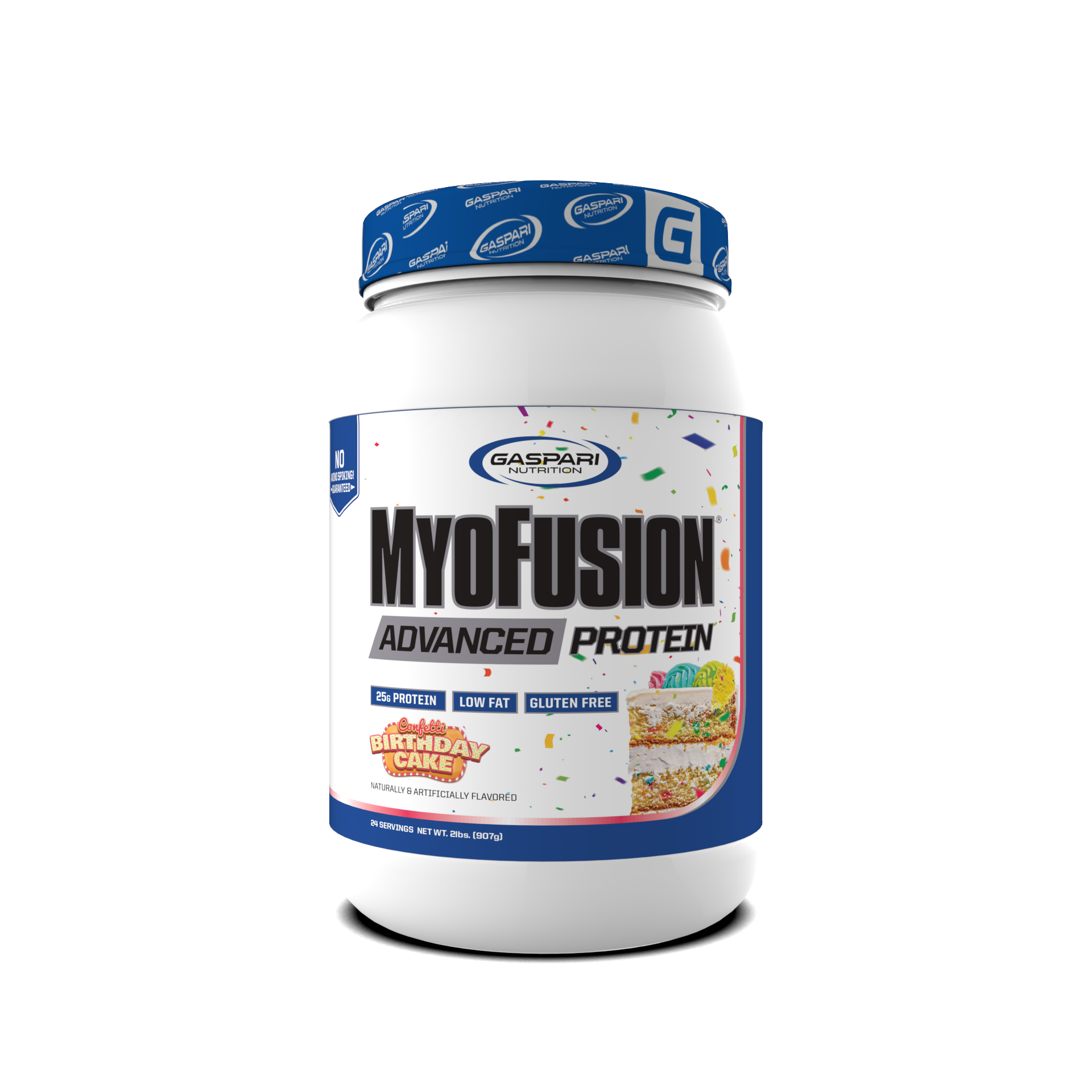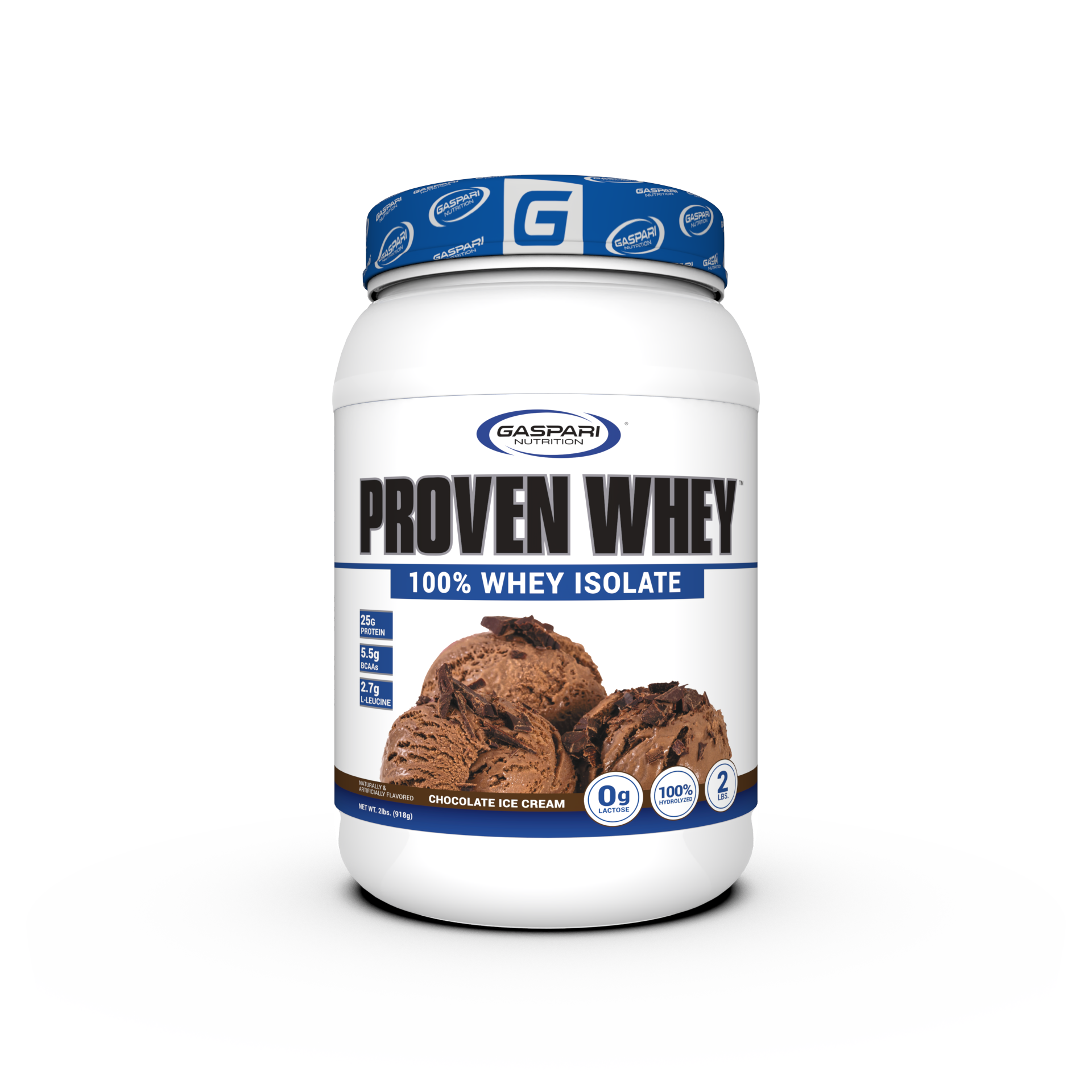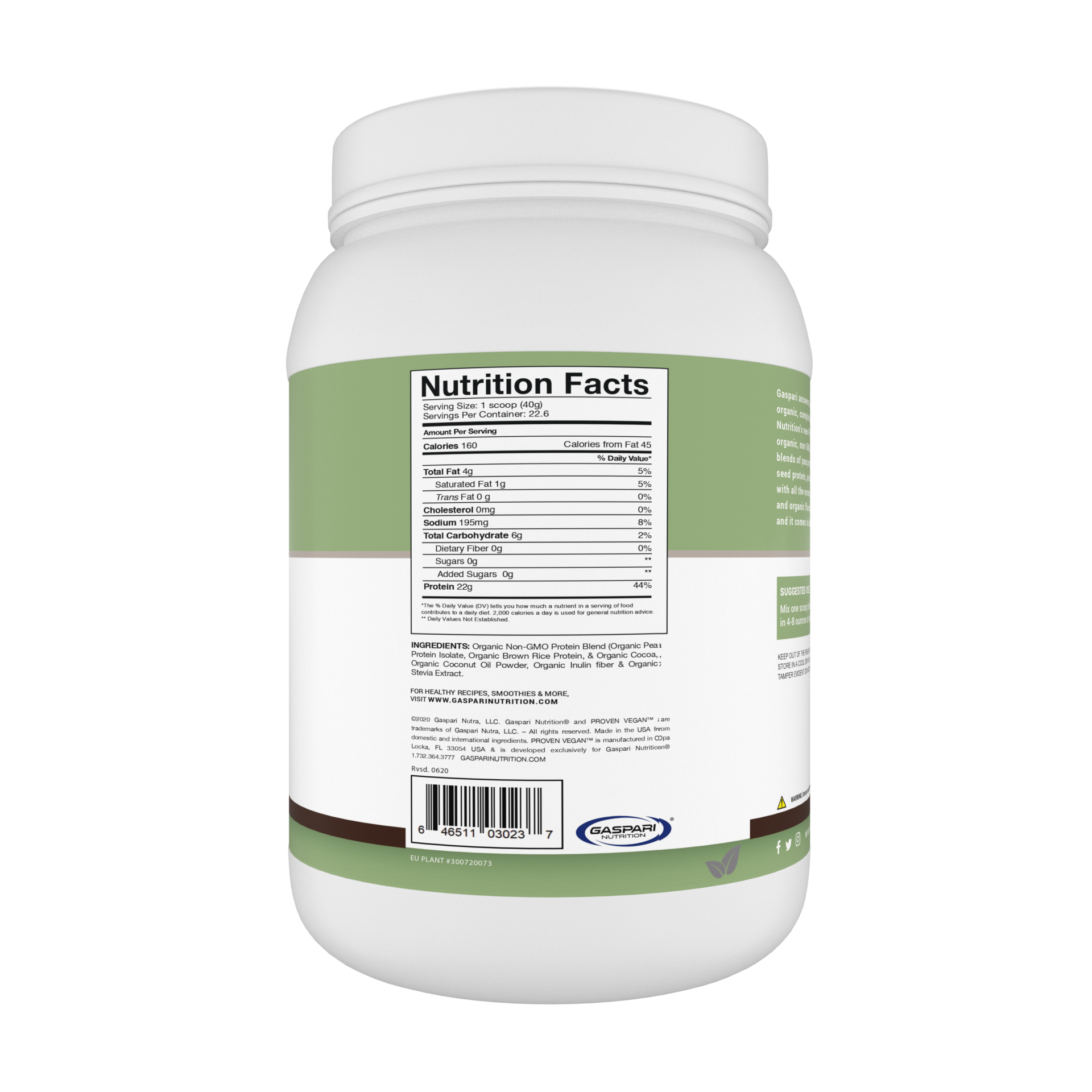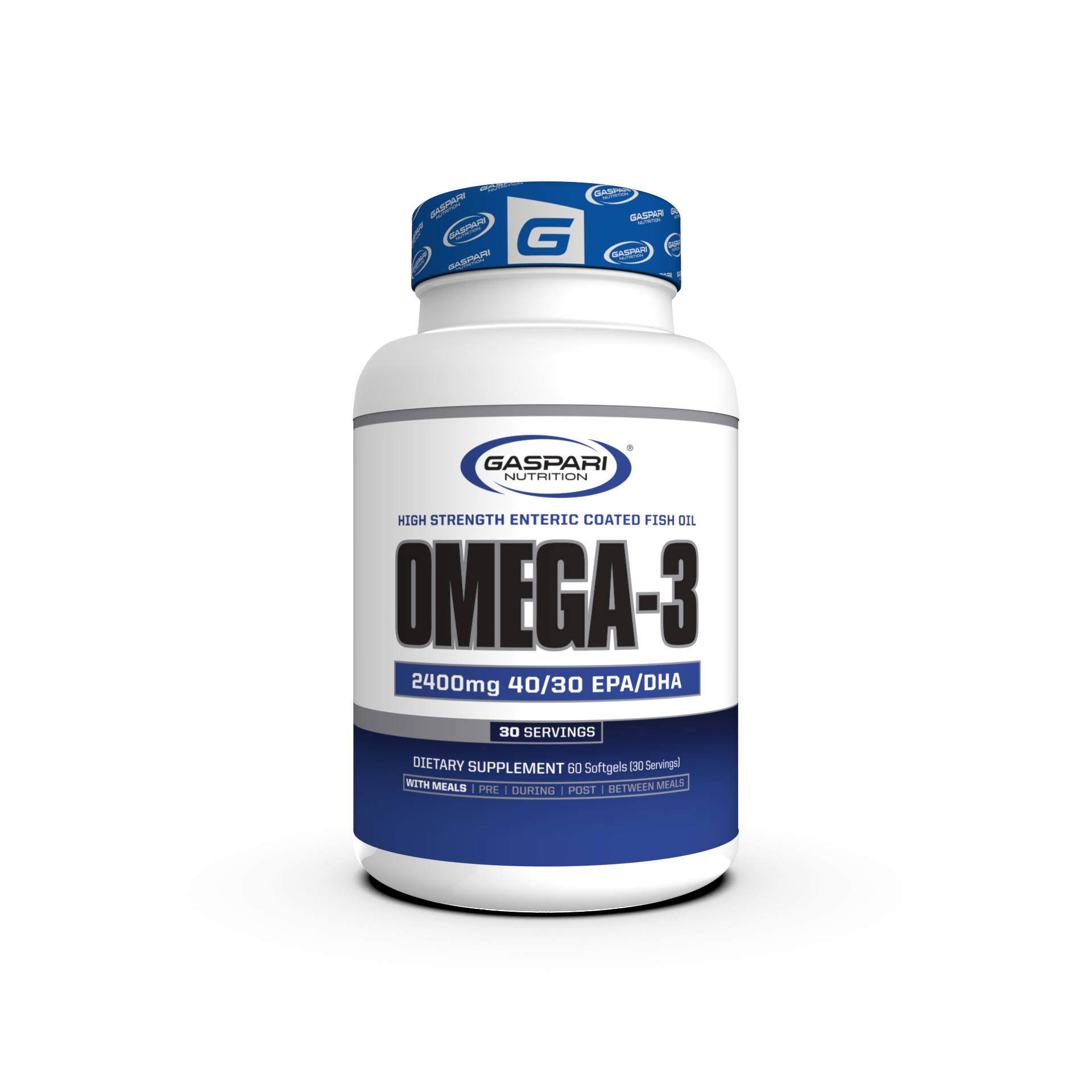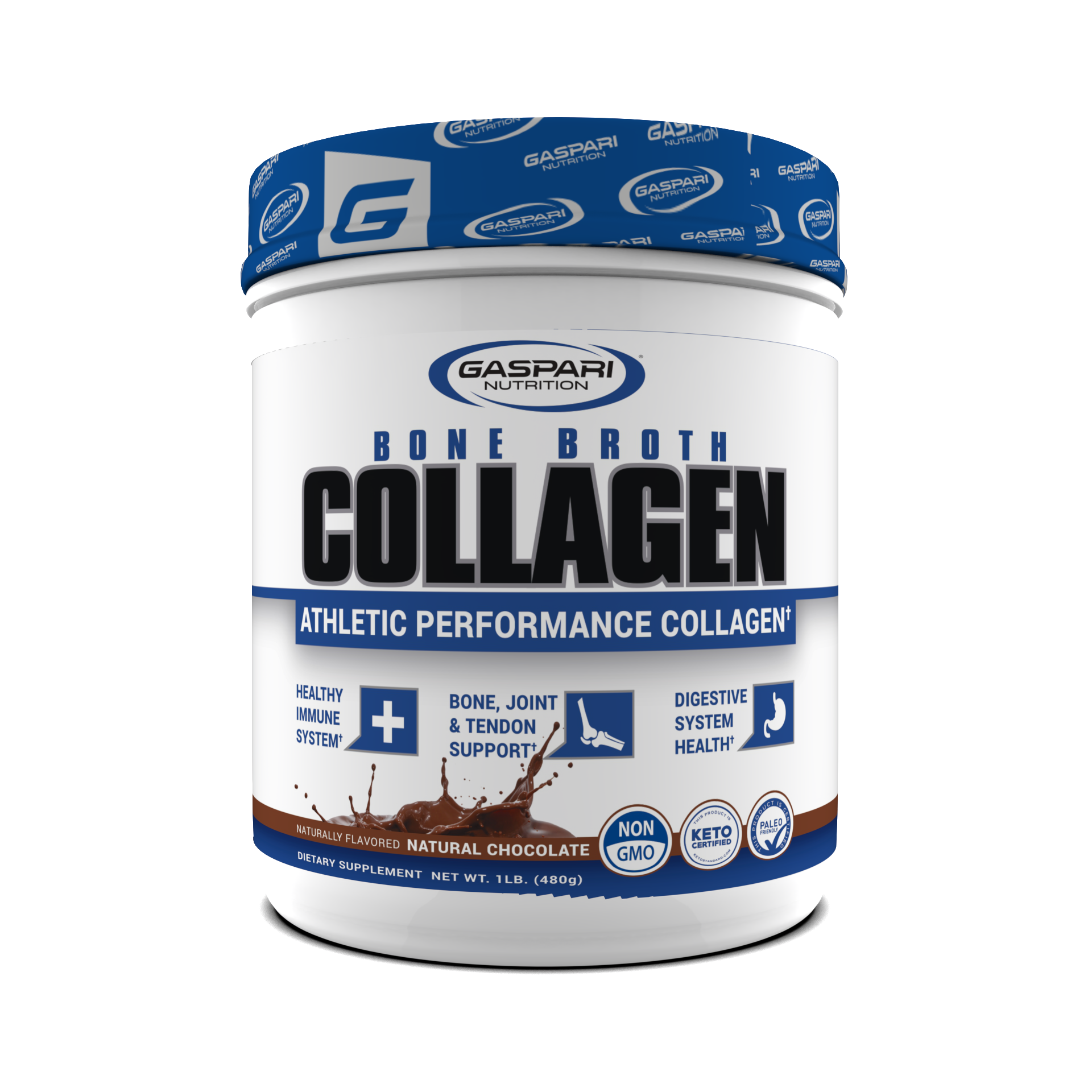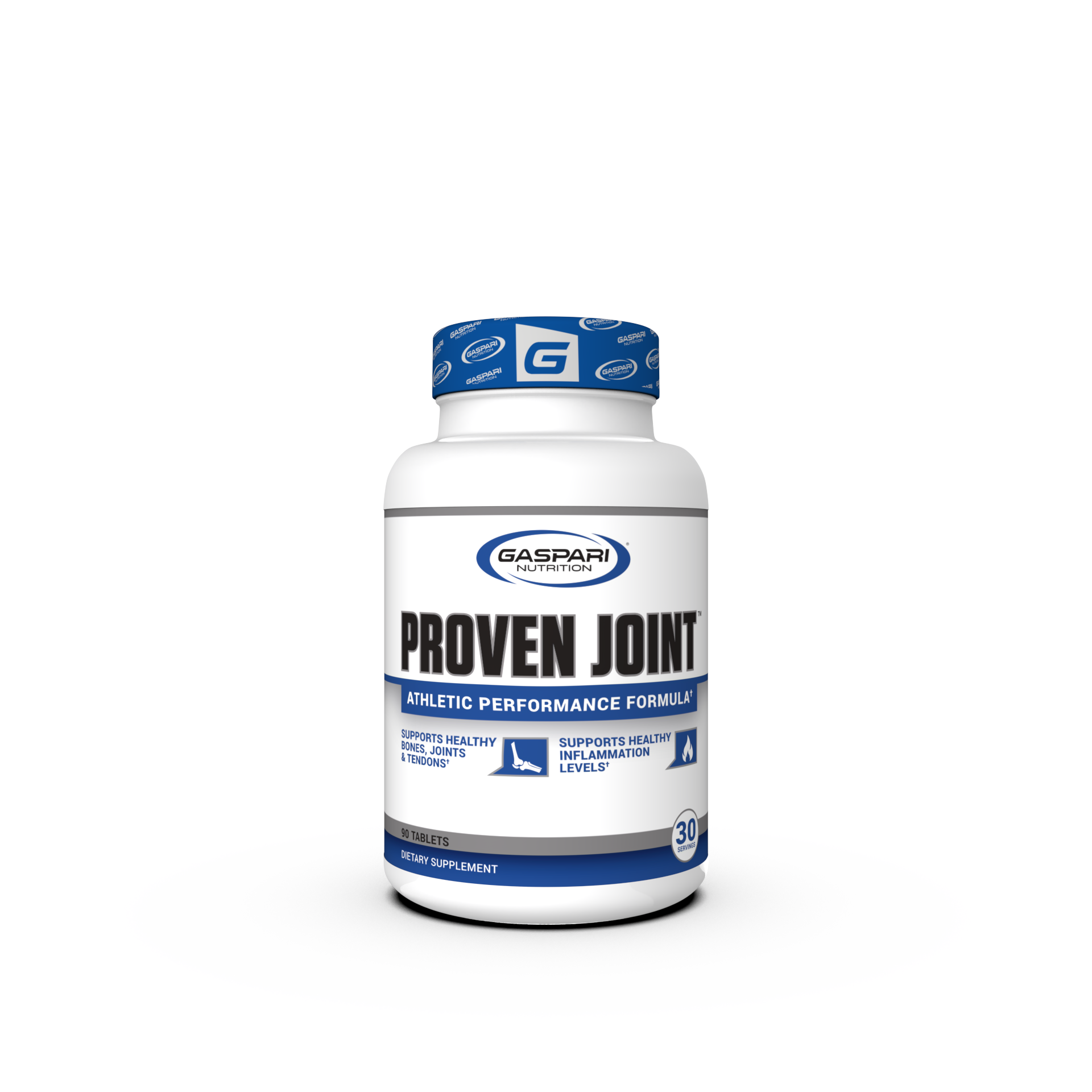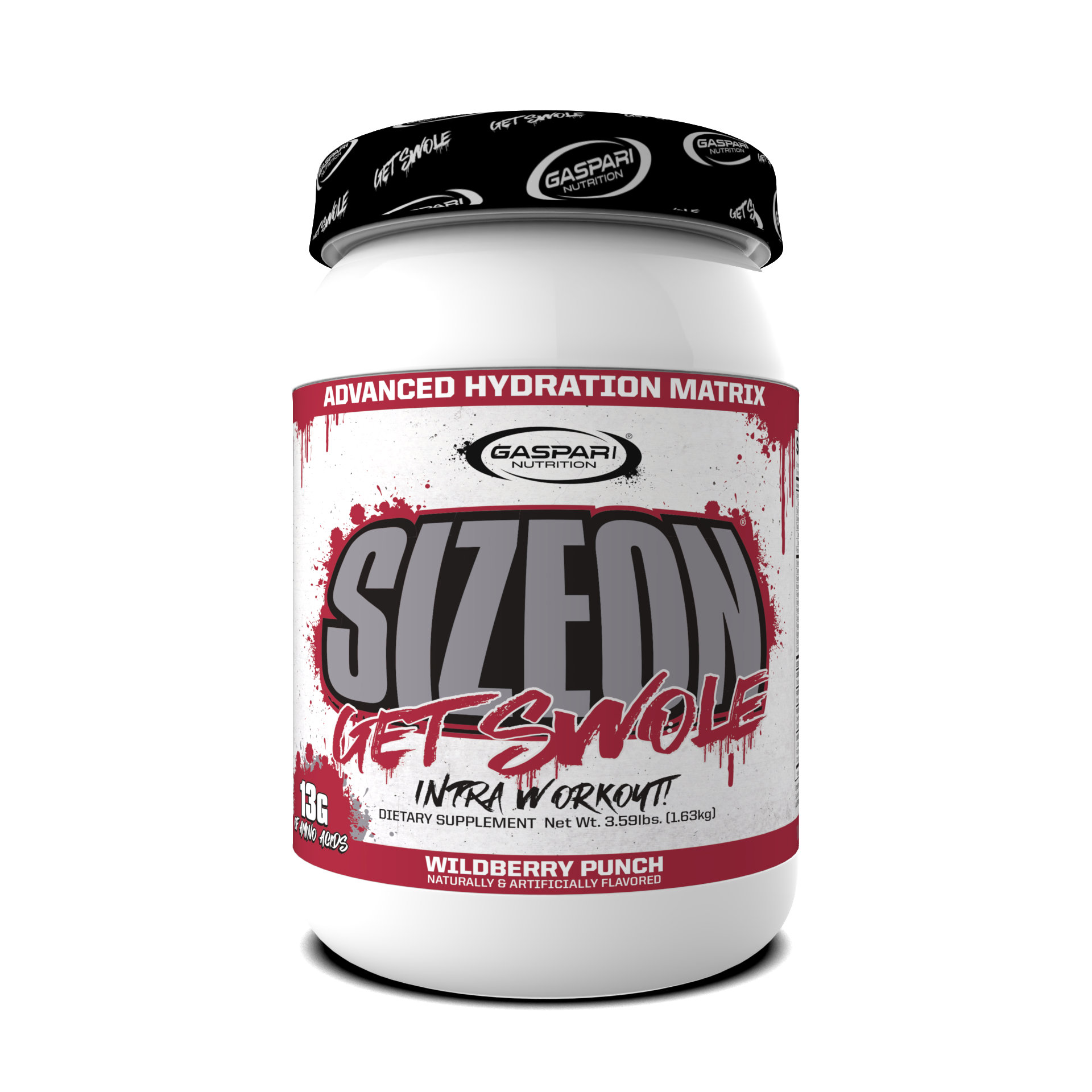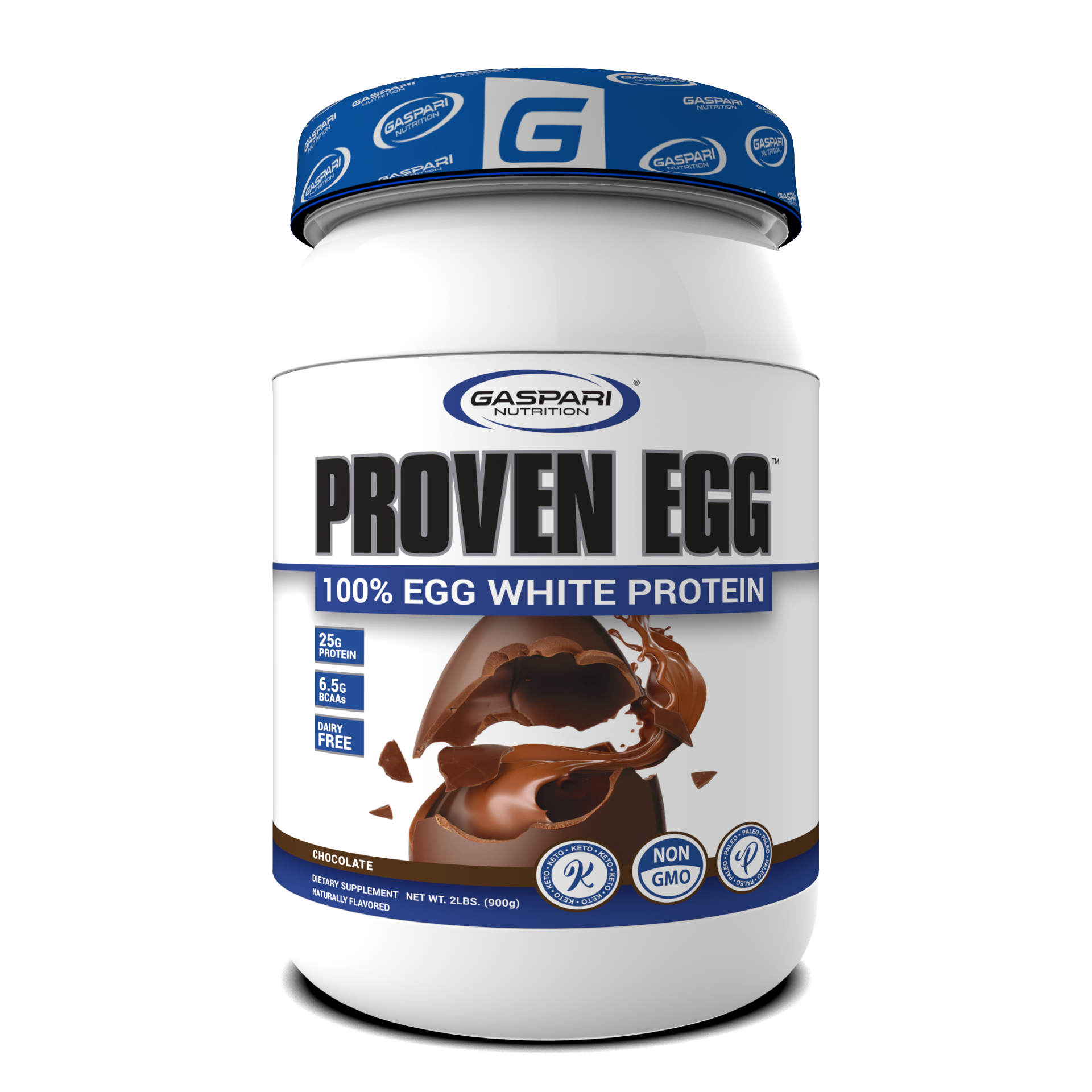Fitness Facts
- by Rich Gaspari
It's not about the work. It's about the WORK.
- by Rich Gaspari
- by Rich Gaspari
- by John Romano
30-Minute Workout Enough To Build Muscle?
- by Rich Gaspari
Eggs vs. Steak: Which Is the Better Protein Source?
- by John Romano
Best Protein For Muscle Repair
Protein supplements are becoming popular among athletes as a way to boost the efficiency of their workouts and to help build muscle mass. People trying to shed body fat also use protein supplements. However, with so many different protein supplements available on the market these days, which one(s) to choose can be a mind-boggling experience.…
- by Rich Gaspari
Team Gaspari TACTICAL PRECISION workout
- by Rich Gaspari
Rich Gaspari's OLD SCHOOL Chest and Back SUPERSET
- by John Romano
- by Rich Gaspari
The Gaspari Games - The At-Home Training Competition
- by Gaspari Nutrition Admin
There is an old saying that says, “you are what you eat.” while this saying is not literally true, it is meant to impart an important lesson: The importance of proper diet. In fact, it is literally true, in some ways. A person who eats a lot of fat will probably become fat, while a…
- by Gaspari Nutrition Admin
Is Nutrition Important For Muscle Growth?
When you think about the process of bulking up, you probably think about lifting weights and other forms of resistance training. While these are indeed a time-honored and effective way of building muscle, nutrition is just as important…and maybe more so. If you want to build the perfect machine, you need the perfect parts, and…
- by Gaspari Nutrition Admin
Diet Vs Exercise: The Right Balance For You
Although calorie counting has not proven to be the most effective way of losing weight, there is one principle that is always true: In order to lose weight, you need a caloric deficit. So, what is a caloric deficit? Well, that’s just a fancy way of describing a situation in which your body is burning…
- by Gaspari Nutrition Admin
How Important Is Nutrition In Fitness Training?
When you are training for optimal fitness, most of it comes down to two things: Proper diet and enough exercise. As such, there are many different attitudes regarding the relative importance of each one. Some people feel that exercise is far more important than diet, and so they concentrate on these things without thinking too…
- by Gaspari Nutrition Admin
What Are Supersets and Why Should I Do Them?
What Is A Superset? A superset is a workout set that consists of two or more exercises. In other words, you do two exercises in the same set with little or no rest between them. This basic principle can be applied in a lot of different ways. For example, a lot of people choose to…
- by Gaspari Nutrition Admin
Why It’s Important To Include Protein In Your Diet
Health and fitness are very closely related to diet, and this is a fact that you should know by now. If you have read any of our previous work, you already know that most nutritional discussions will center on the three macronutrients: Protein, fat, and carbohydrate. While all of these macronutrients fulfill vital functions, protein…
- by Gaspari Nutrition Admin
How To Improve Your Basketball Skills
Basketball is a very competitive game. While professional games don’t involve as much trash talk as streetball traditionally does, it is still a sport in which you have to bring your best to every game. With respect and reputation on the line, you may not have time to adopt a complete and comprehensive training program.…
- by Gaspari Nutrition Admin
The Best Lifts For Football Players
Everyone knows that strength is important for a football player. However, not everyone knows the specific steps and exercises that help to create a strong body for the gridiron. In this article, we will attempt to give you a better idea about the kinds of exercises you need to get pumped up properly. Our Top…



